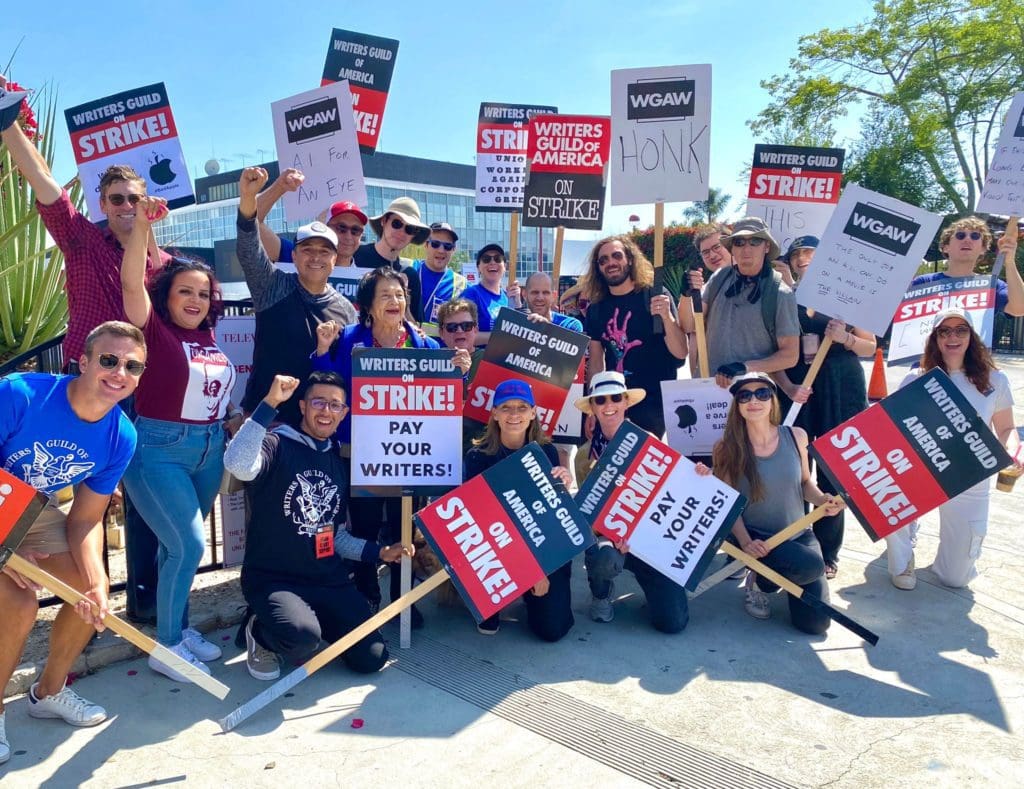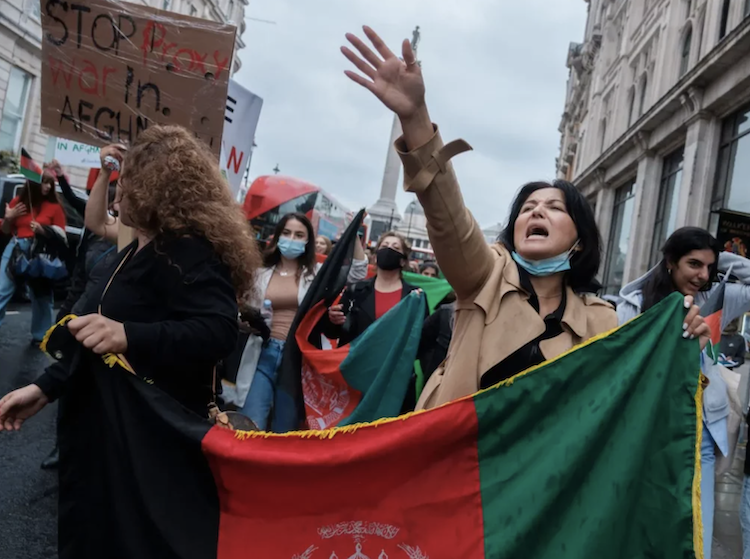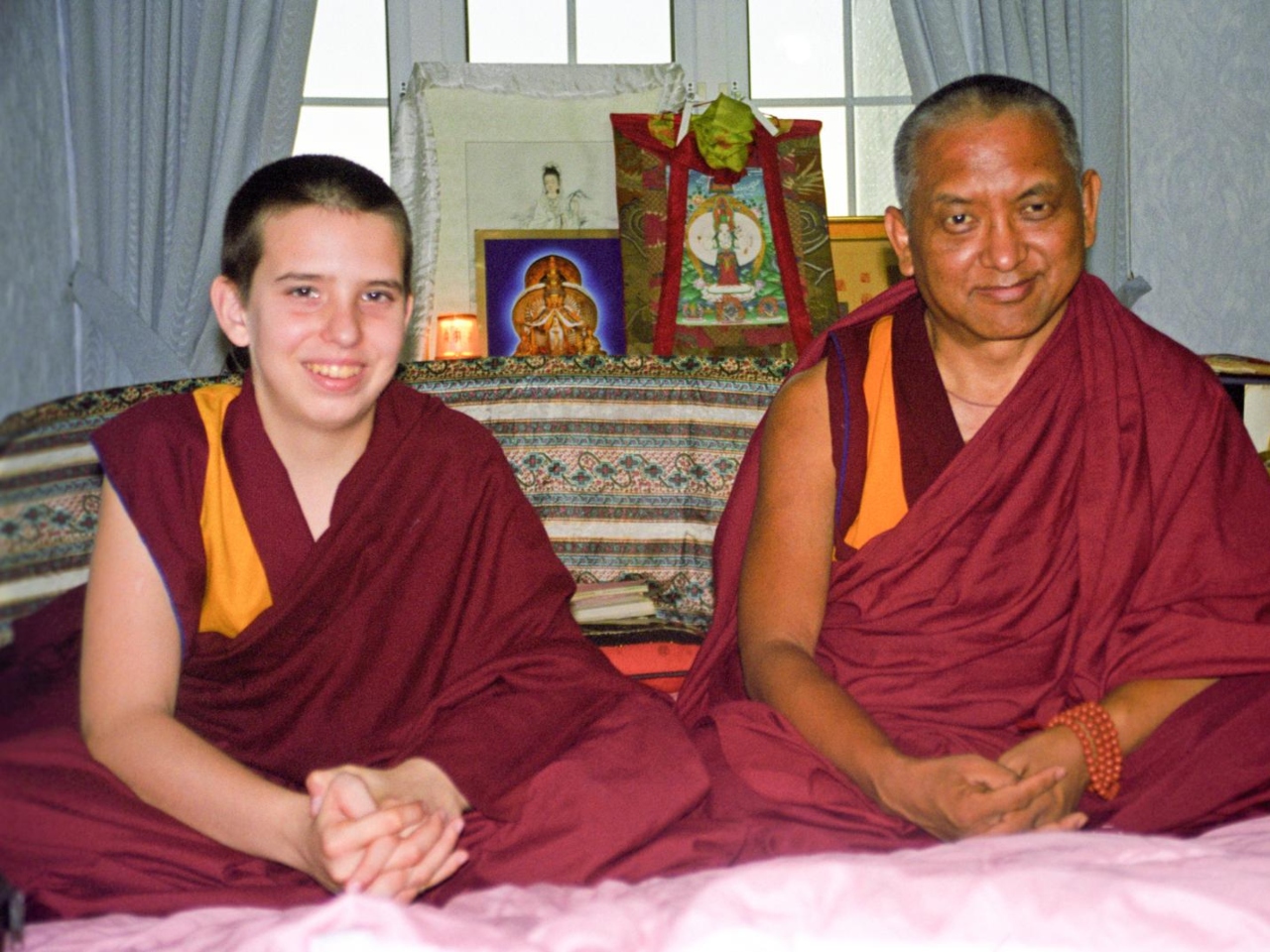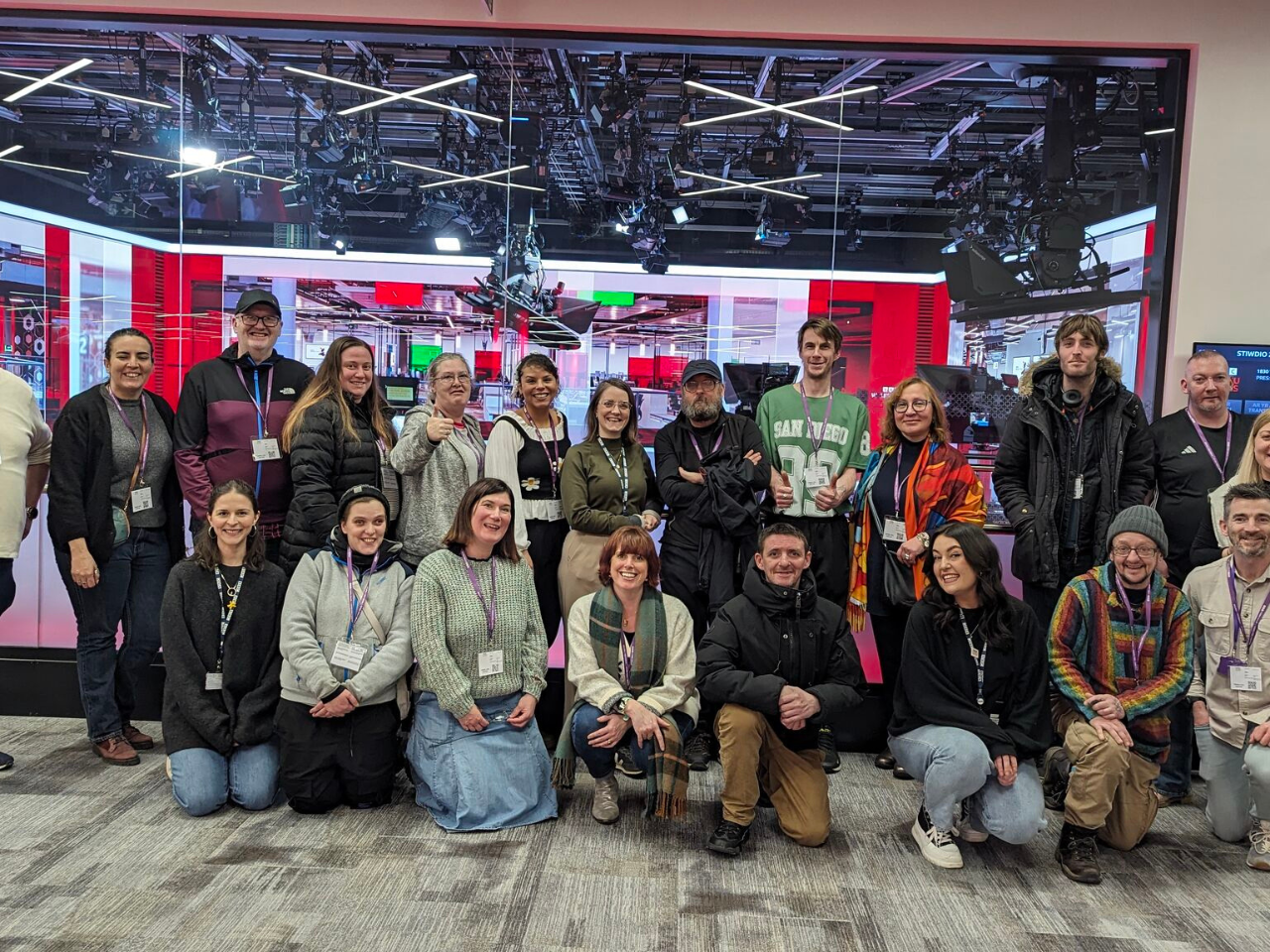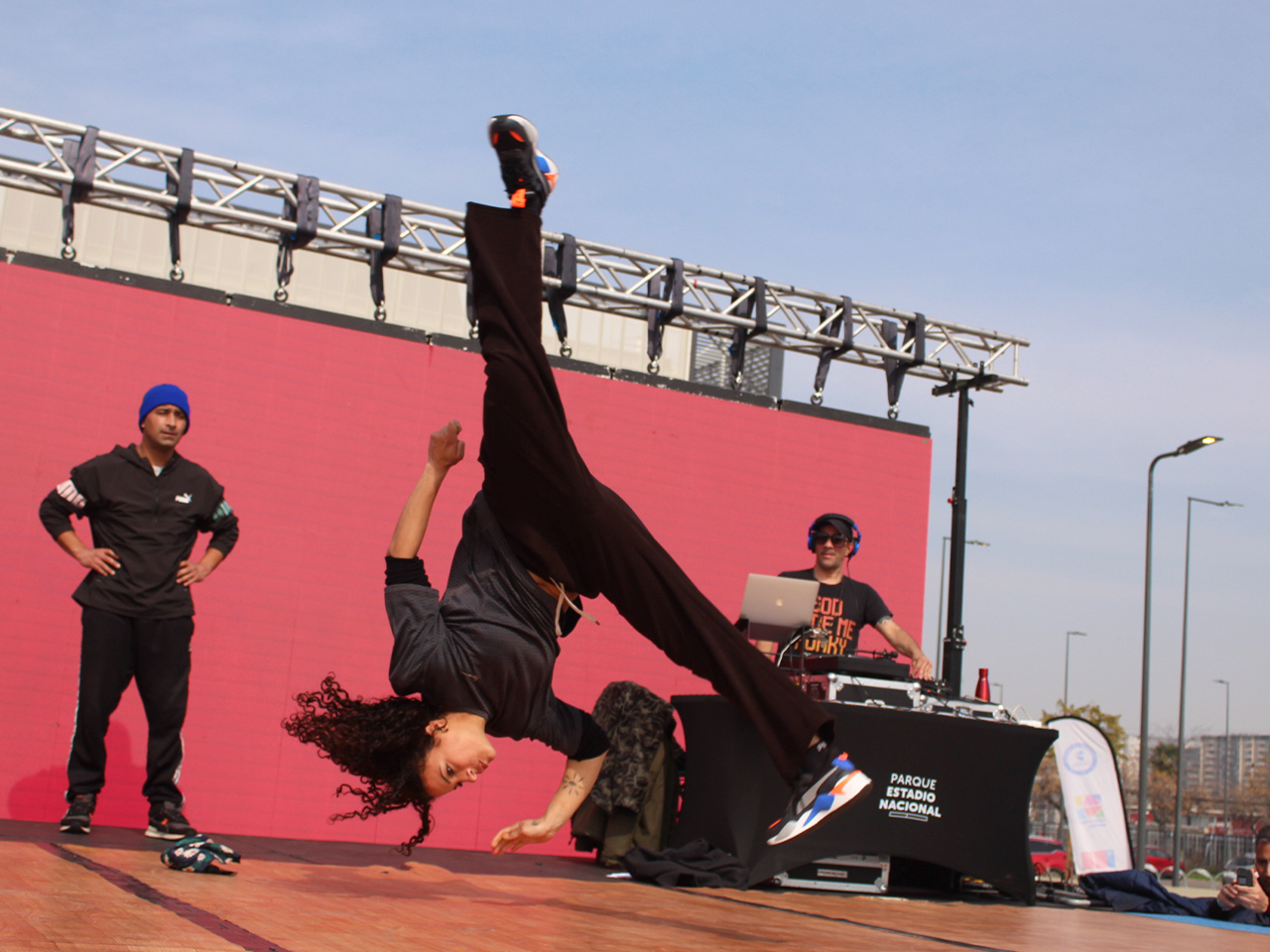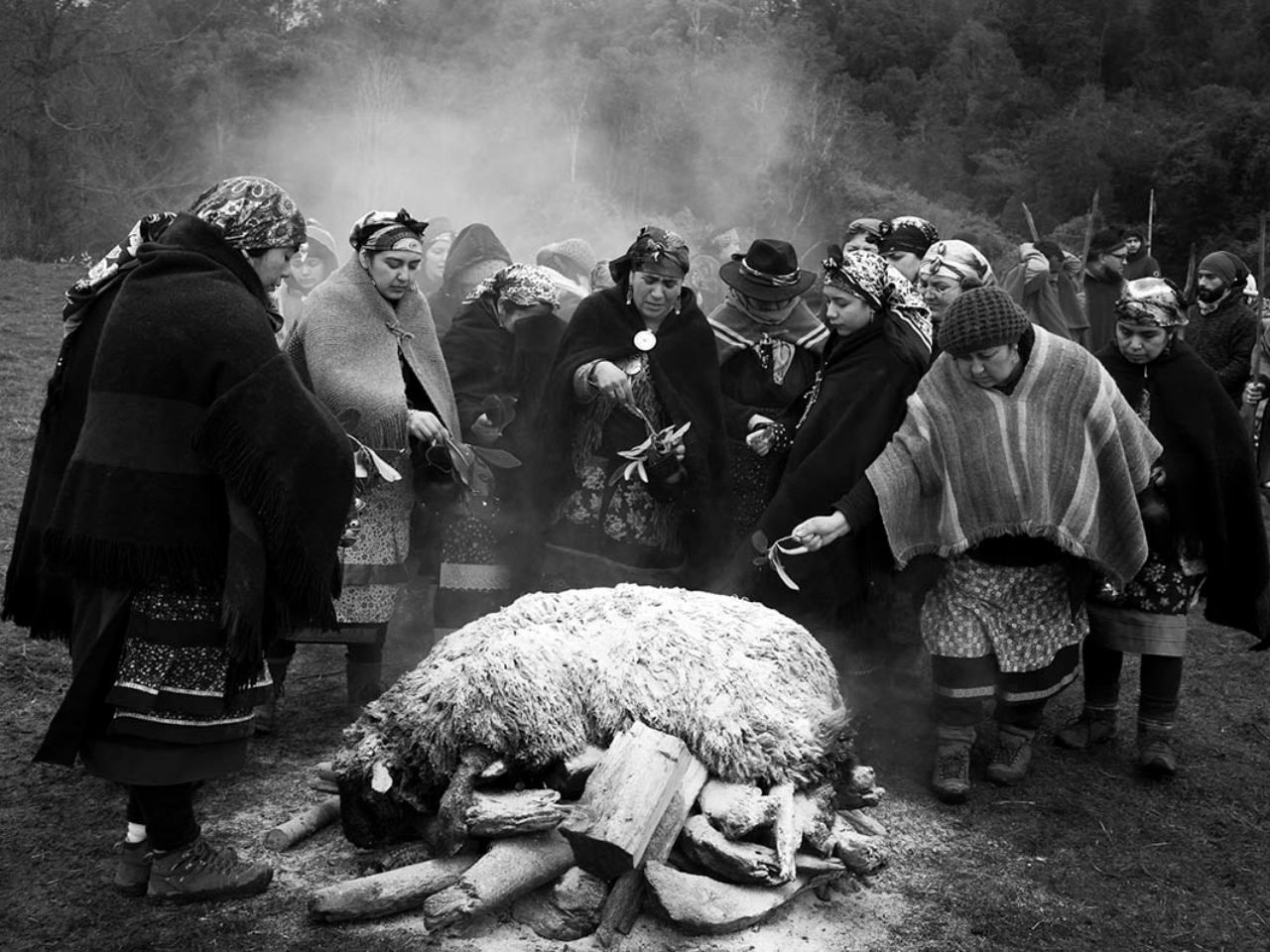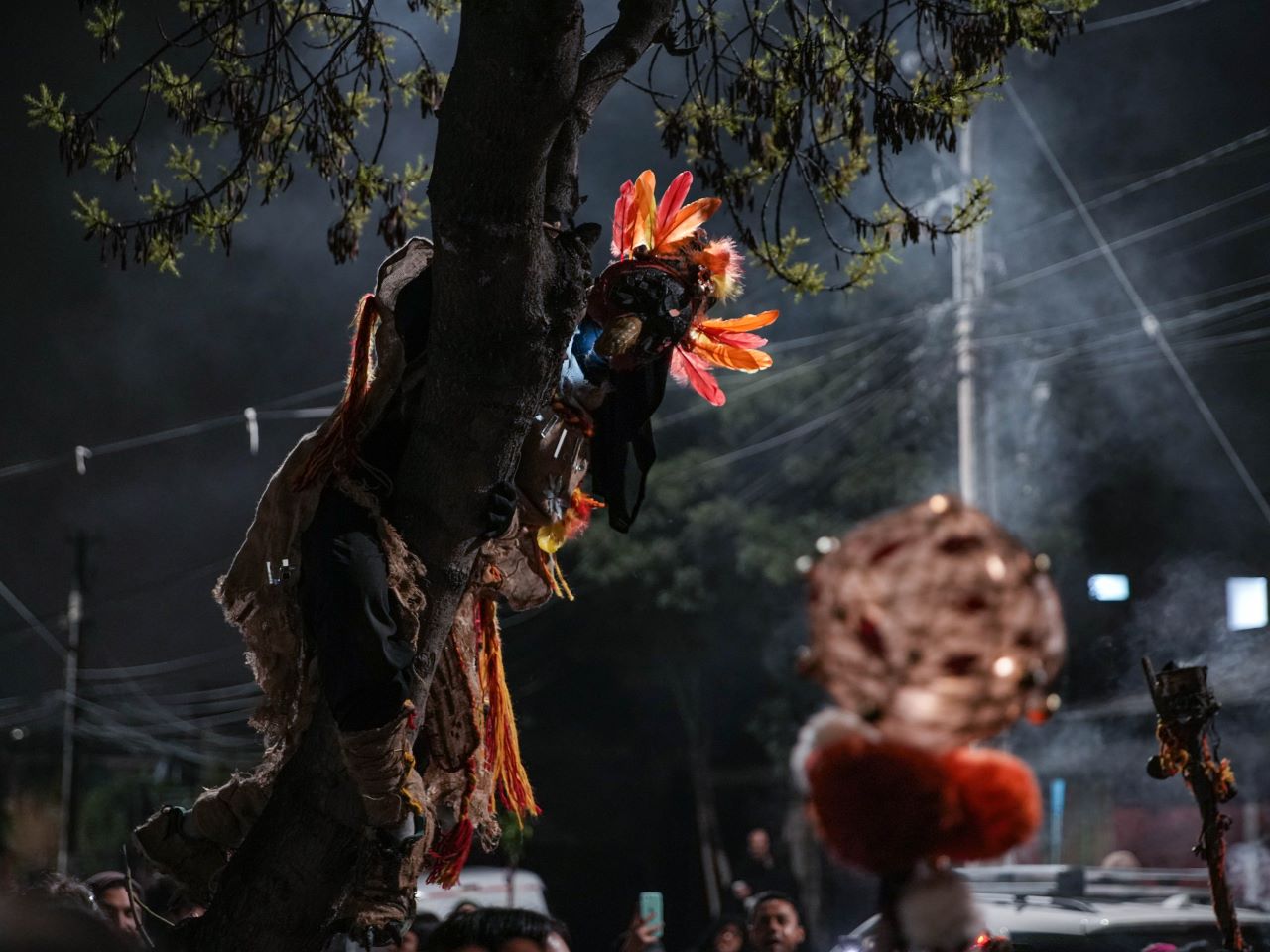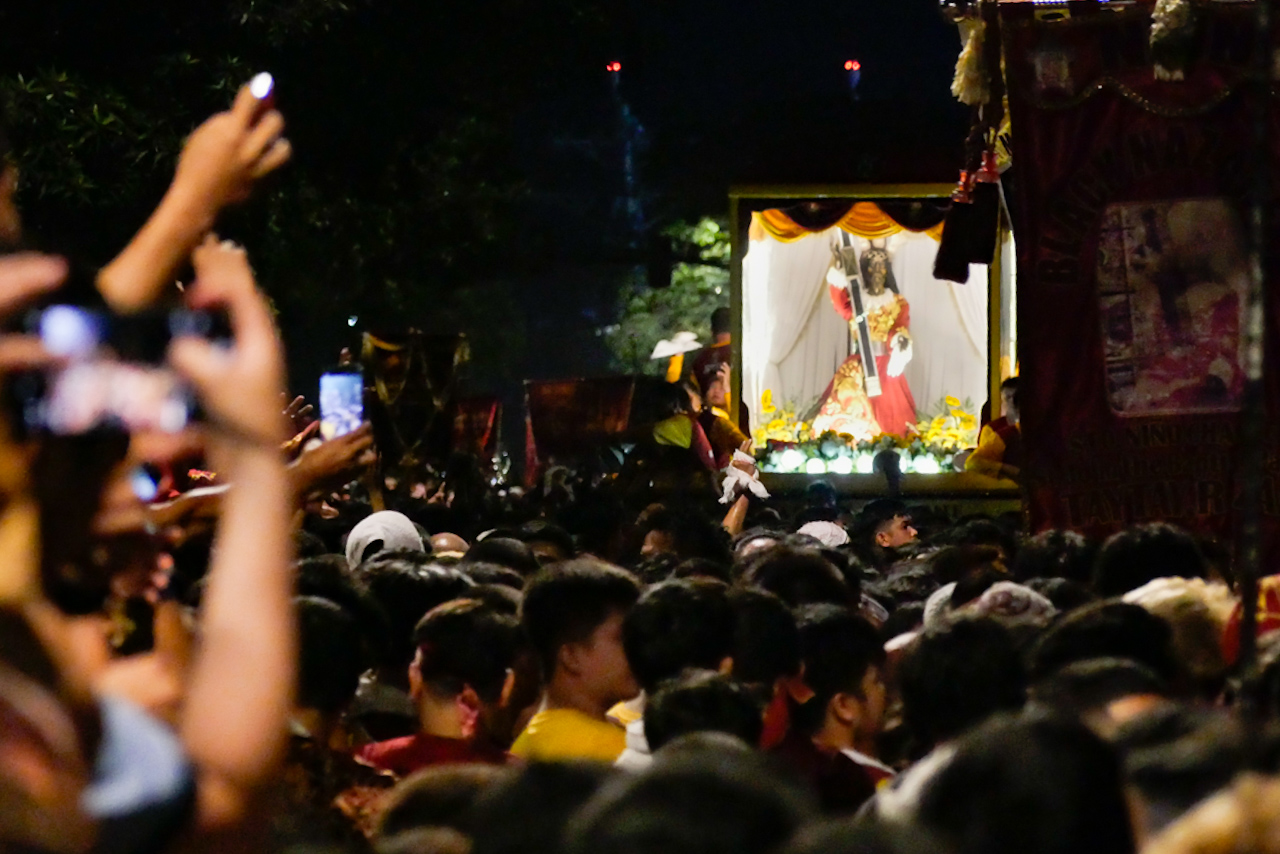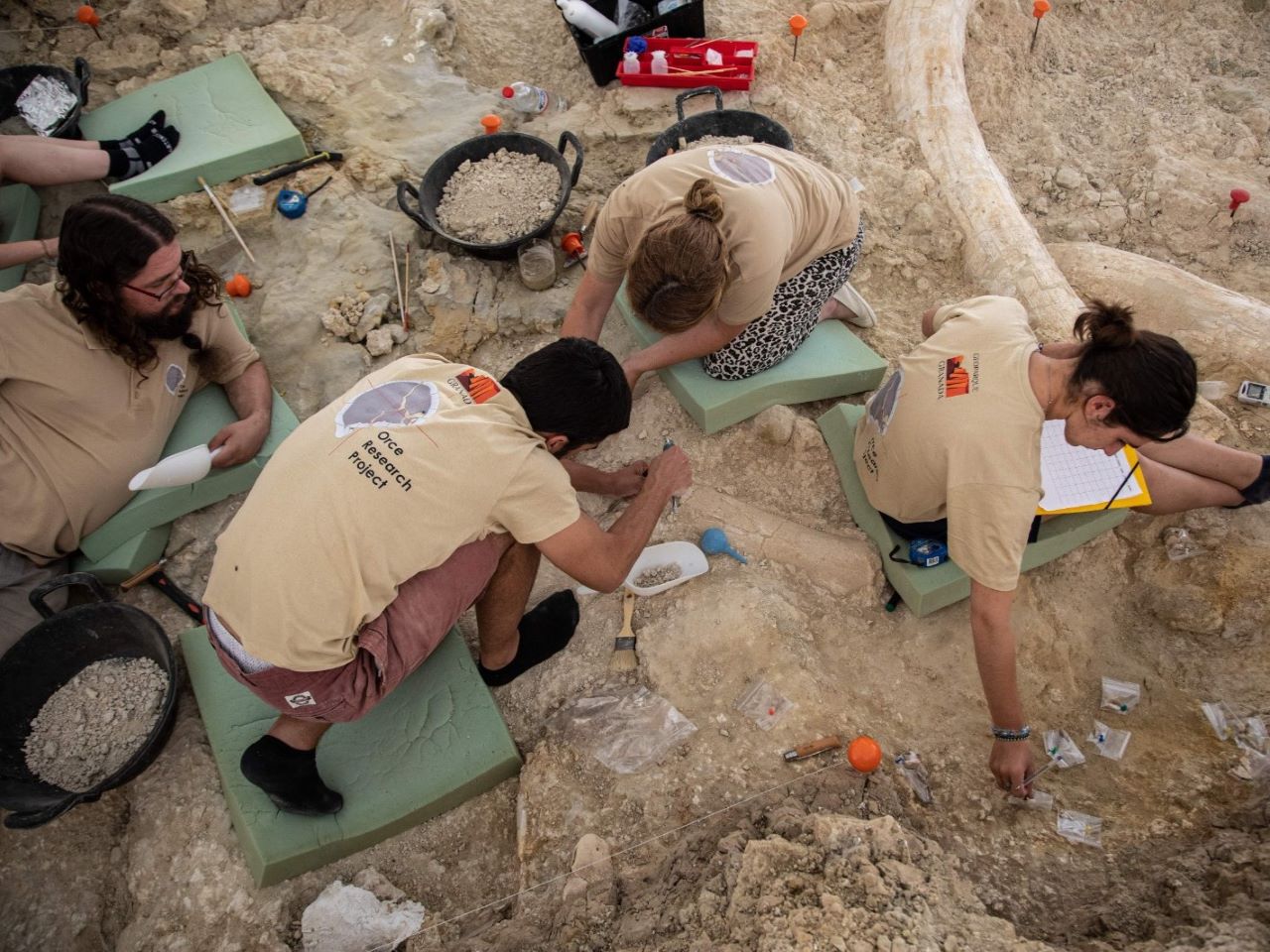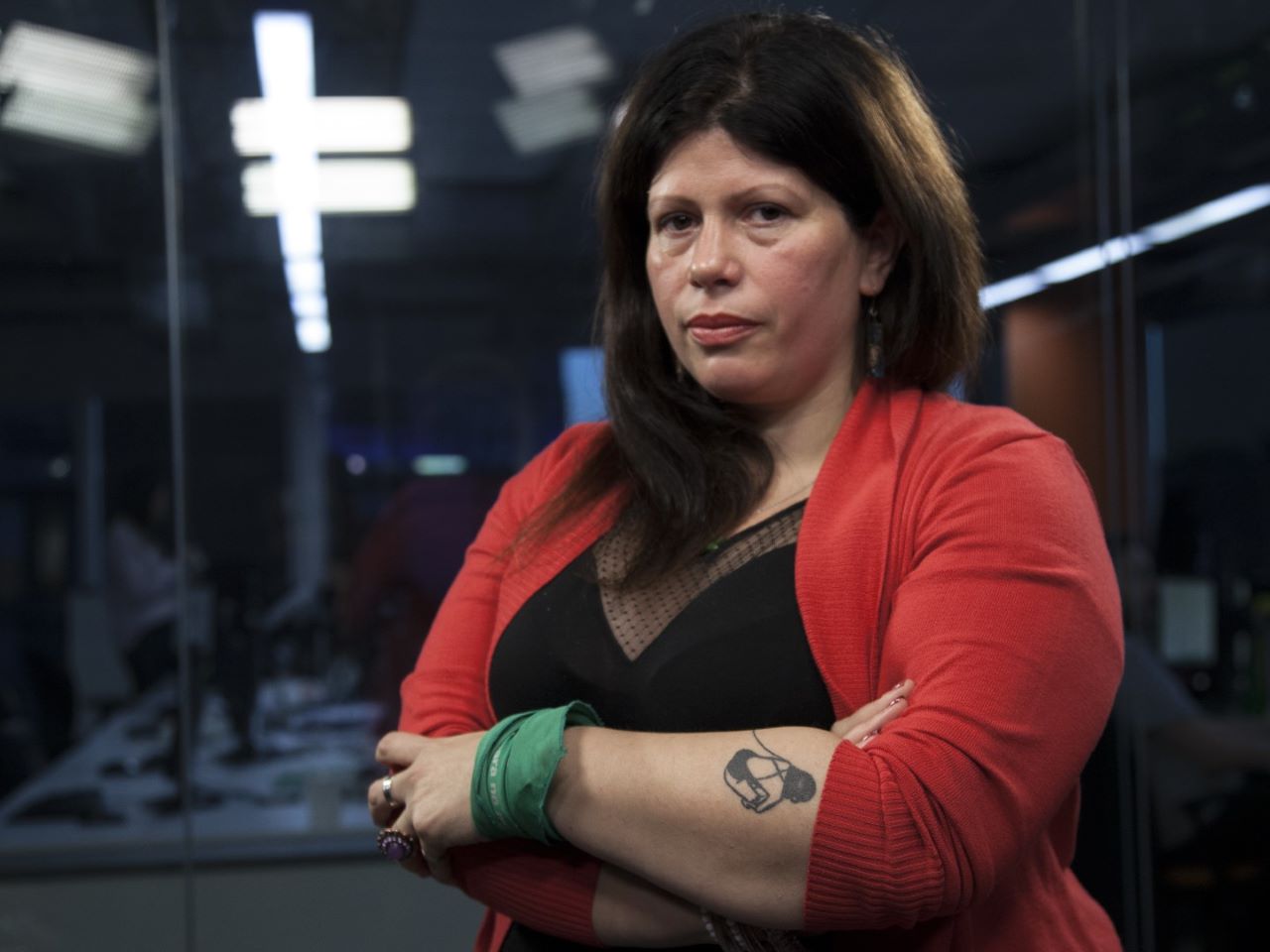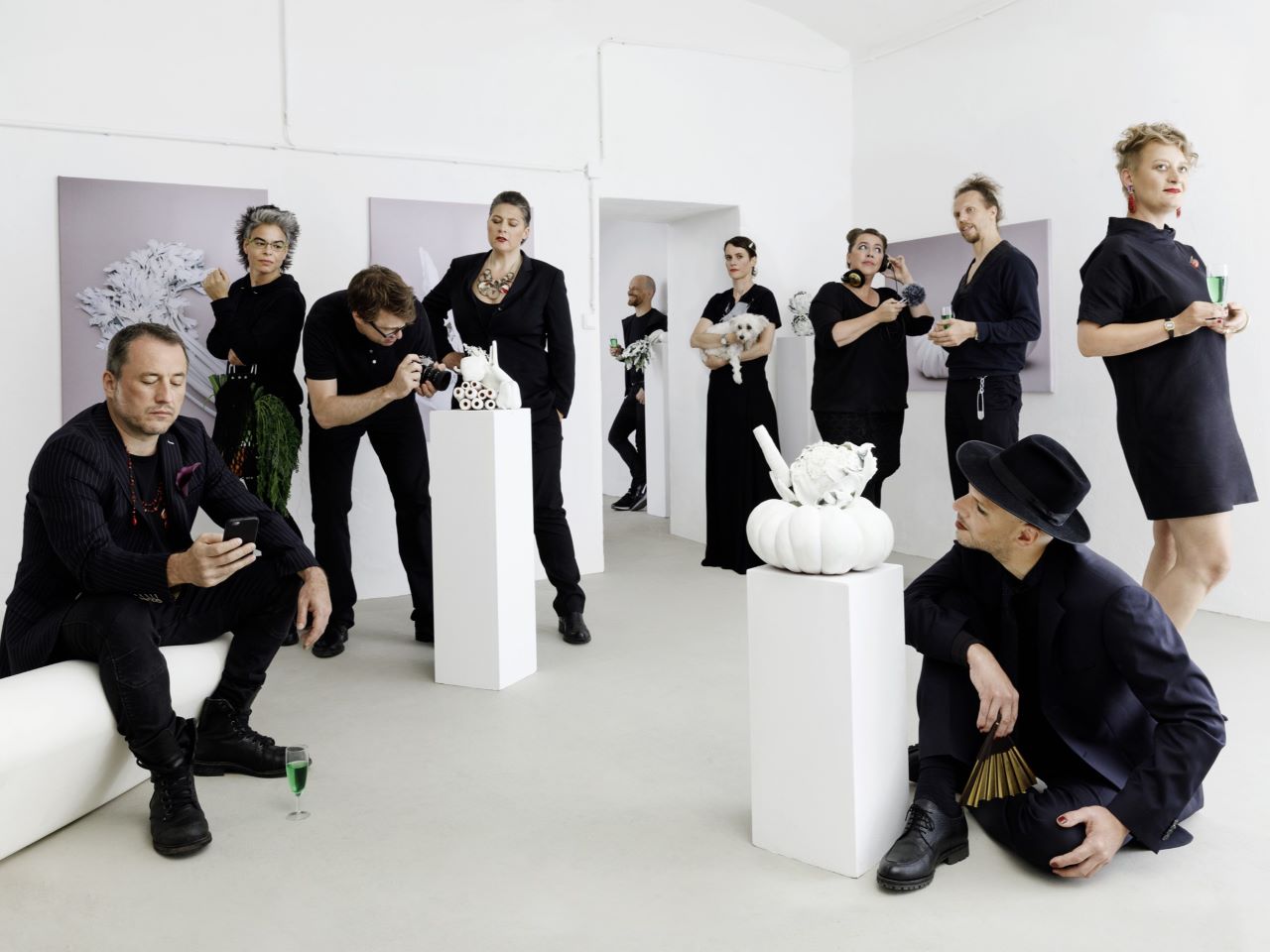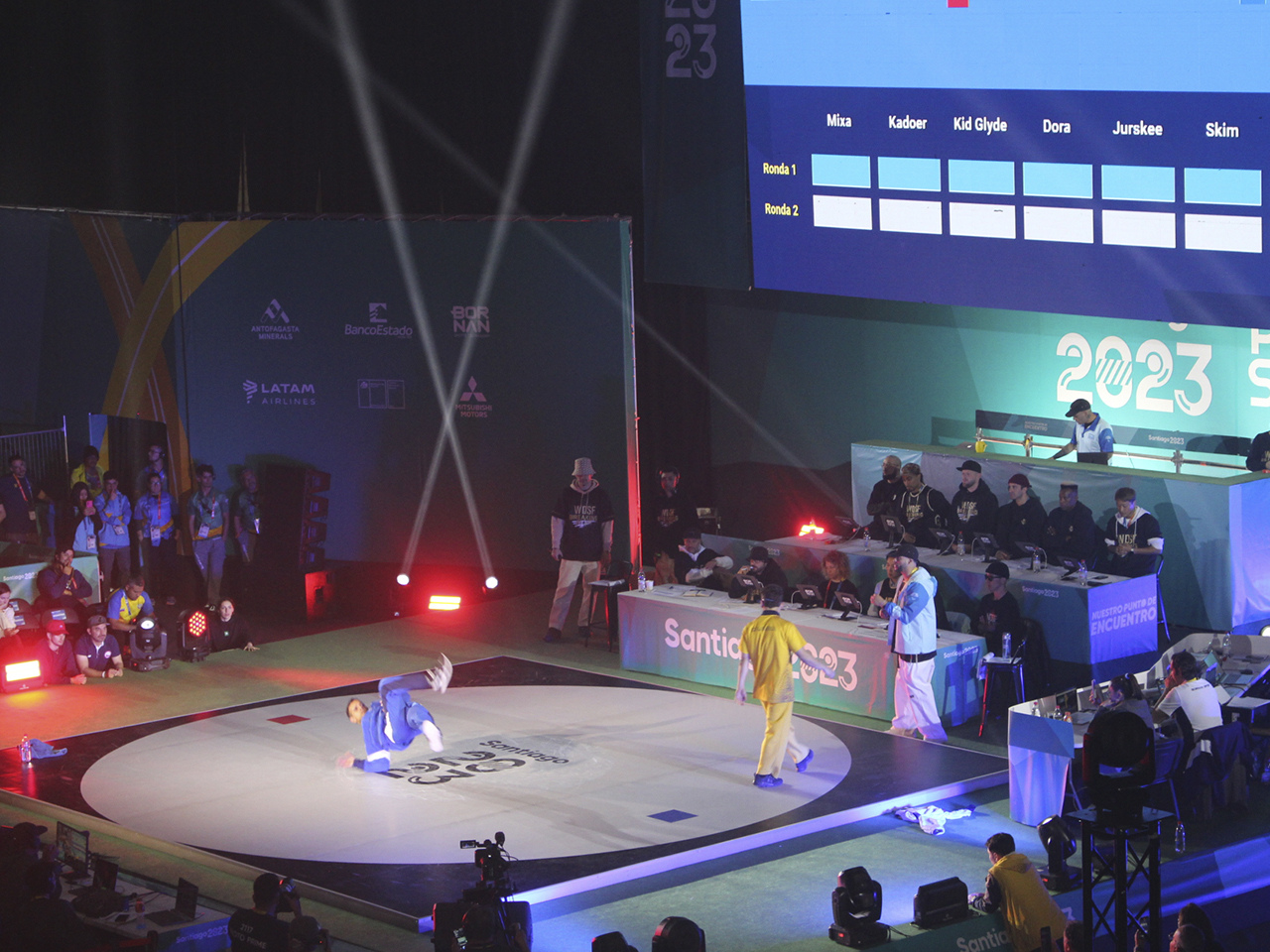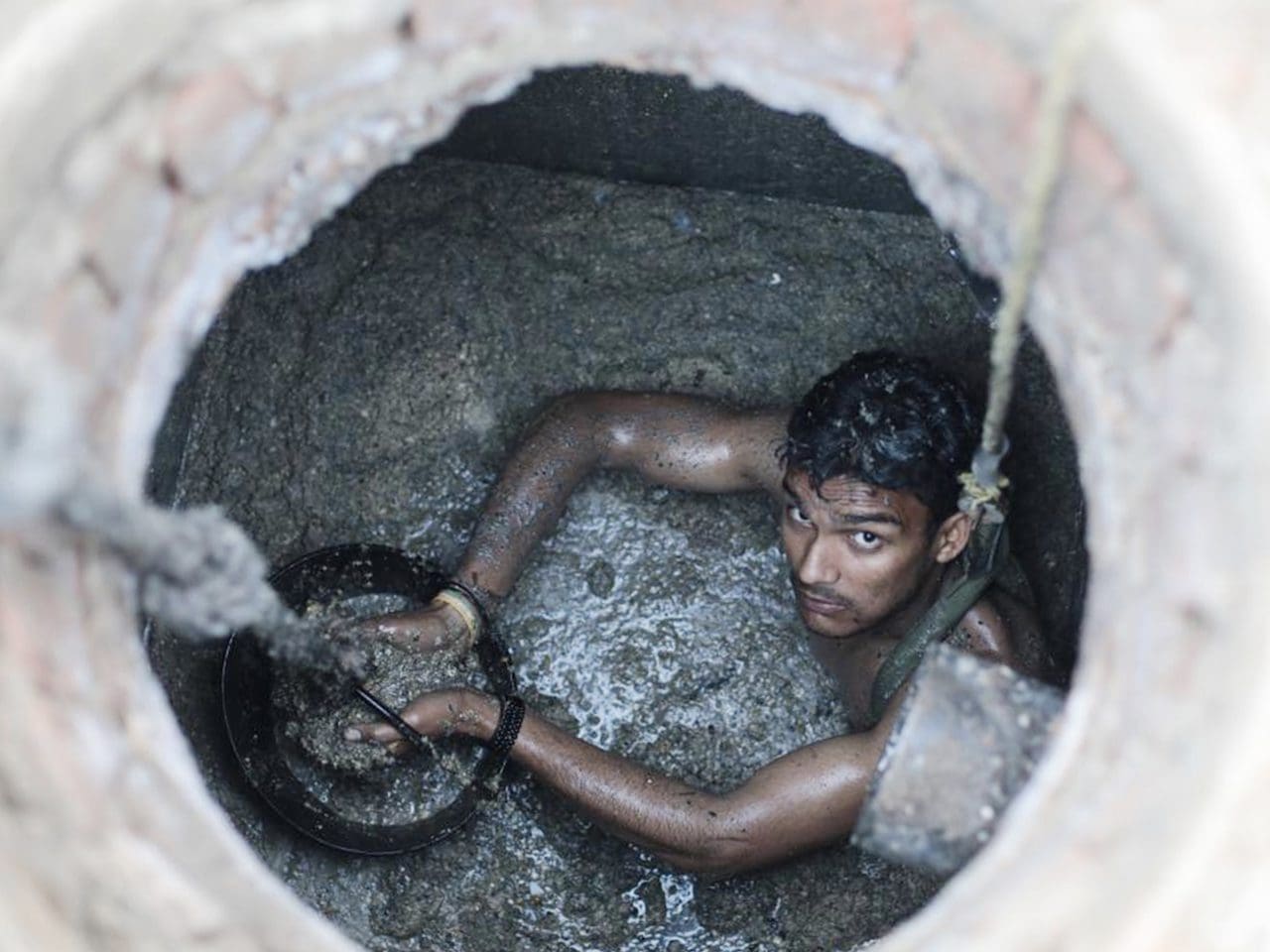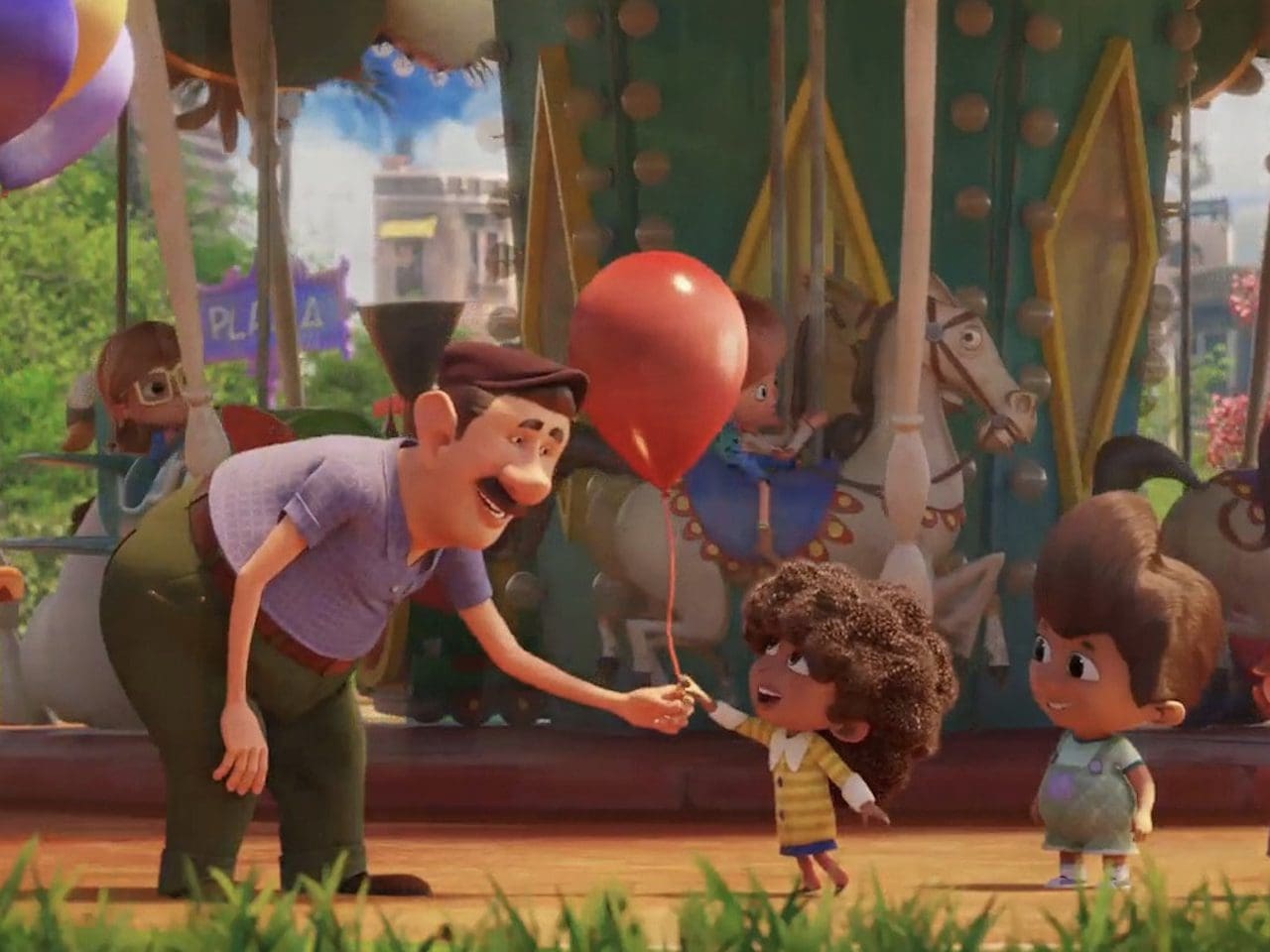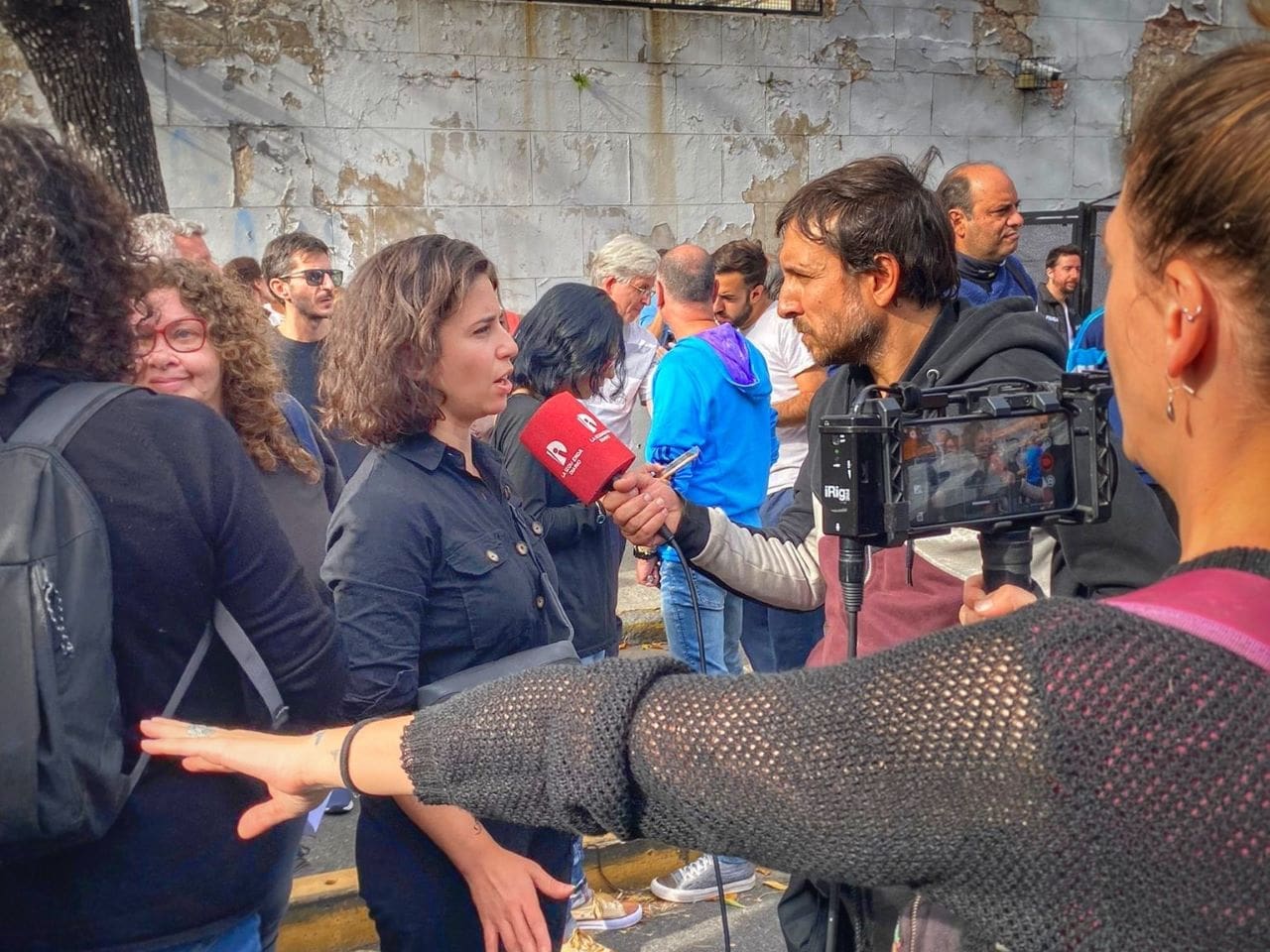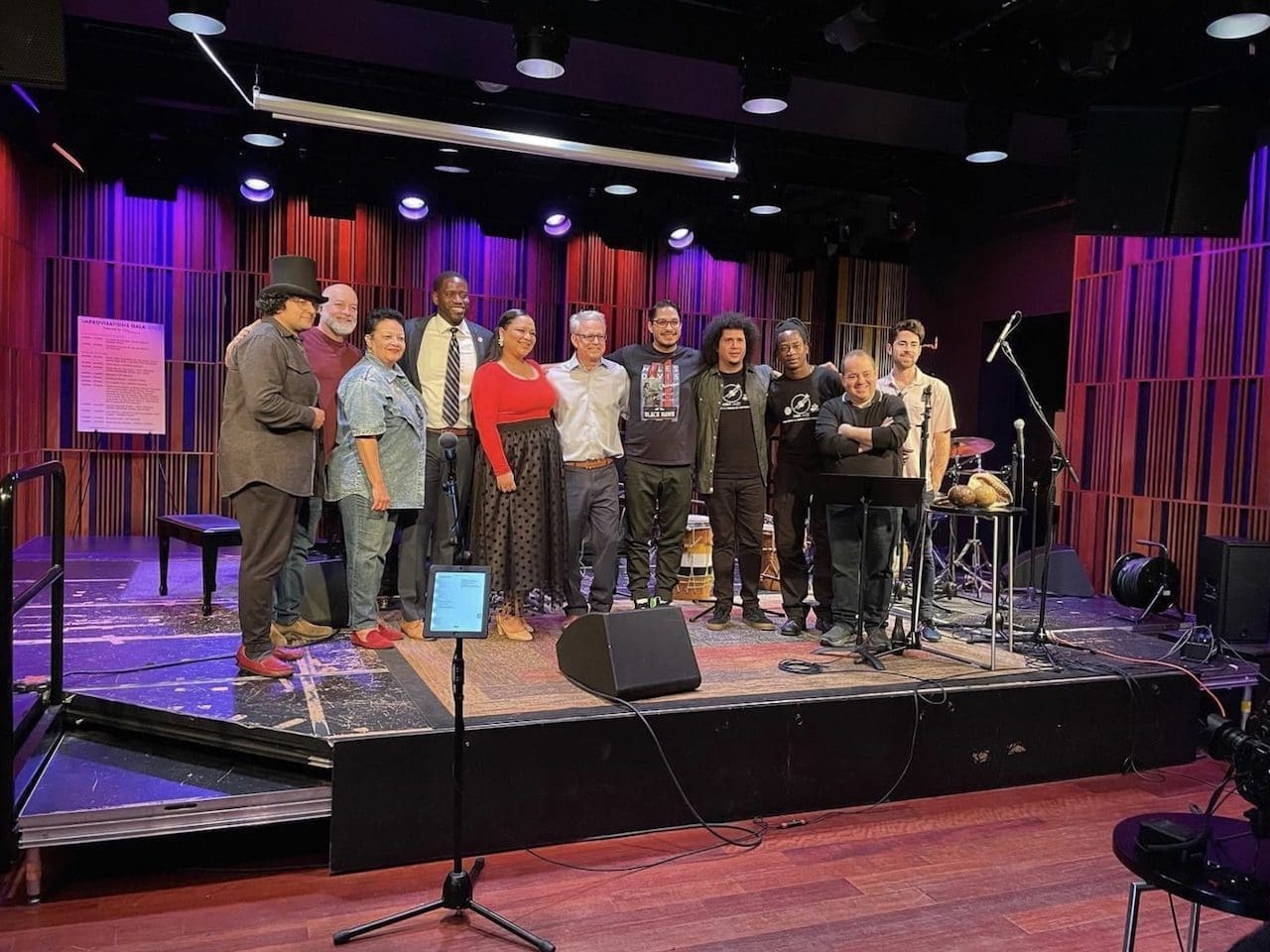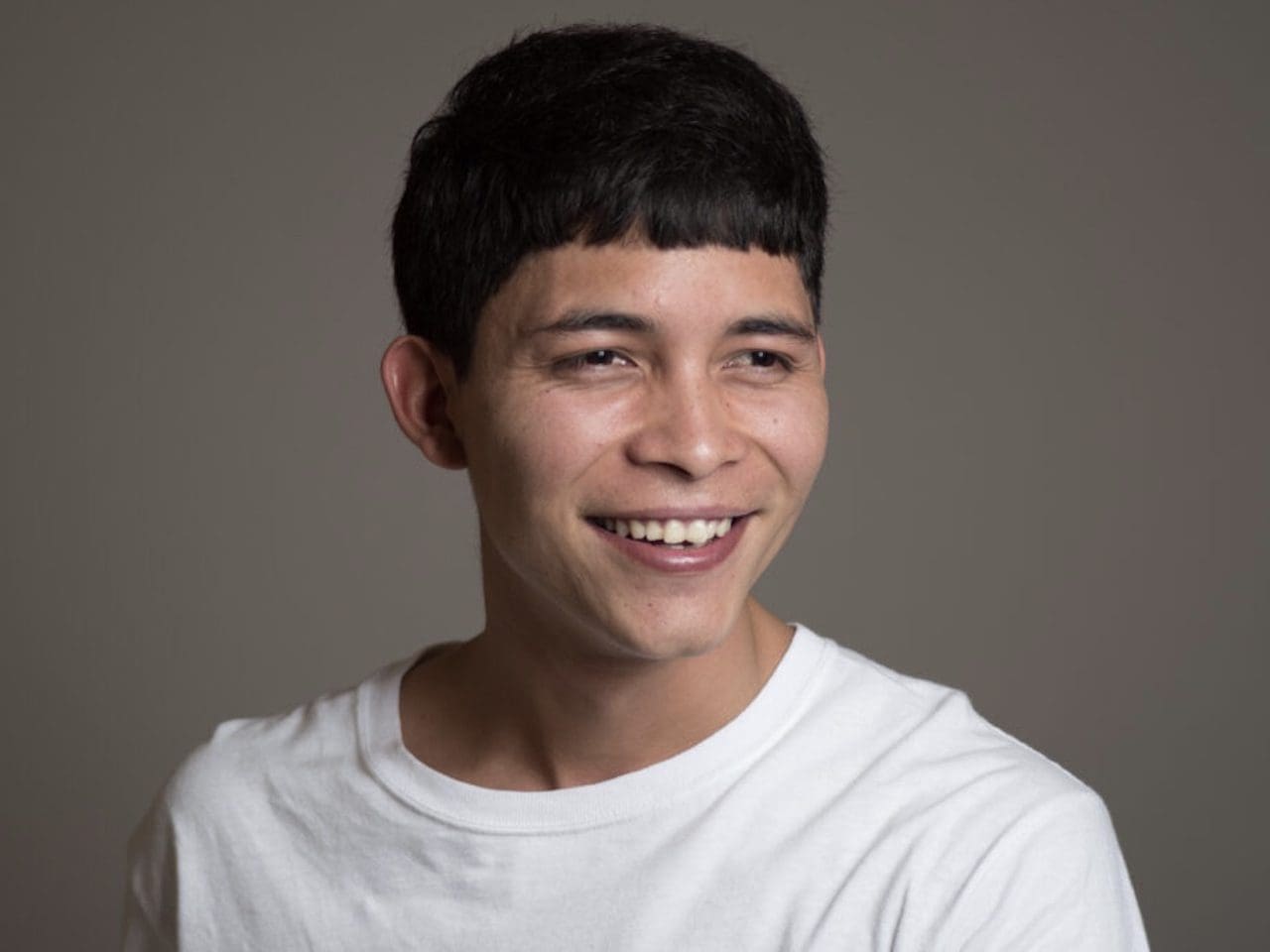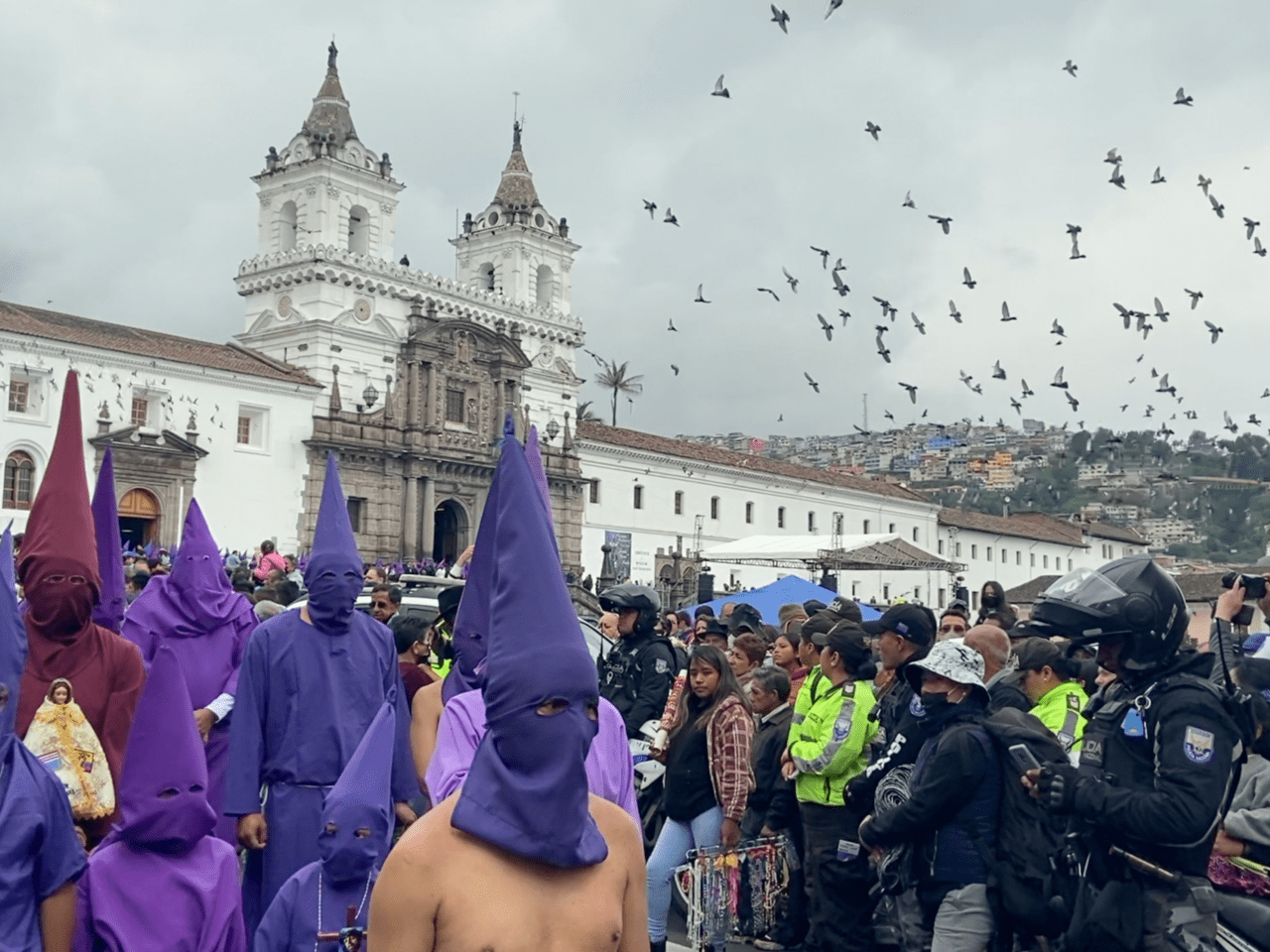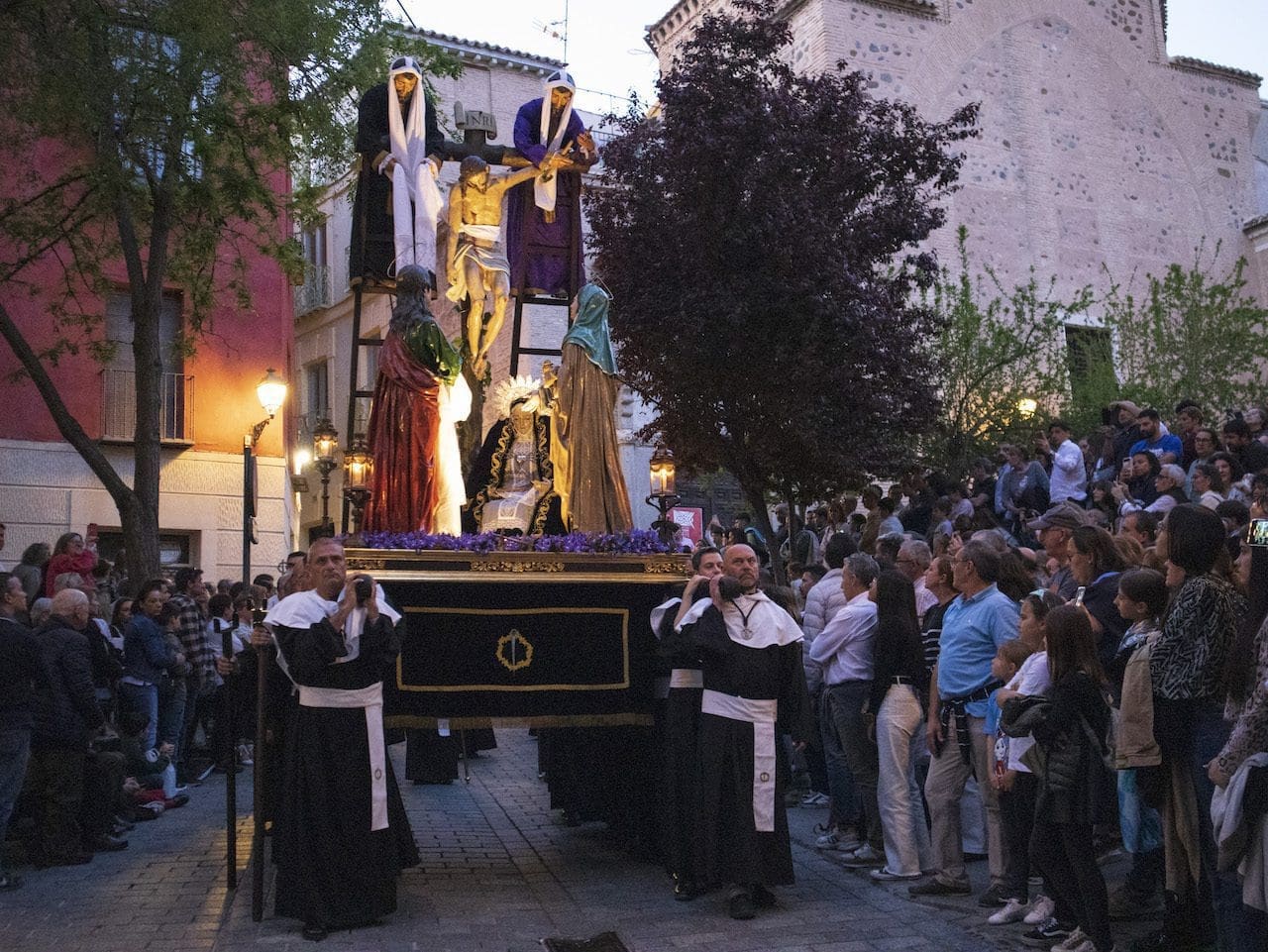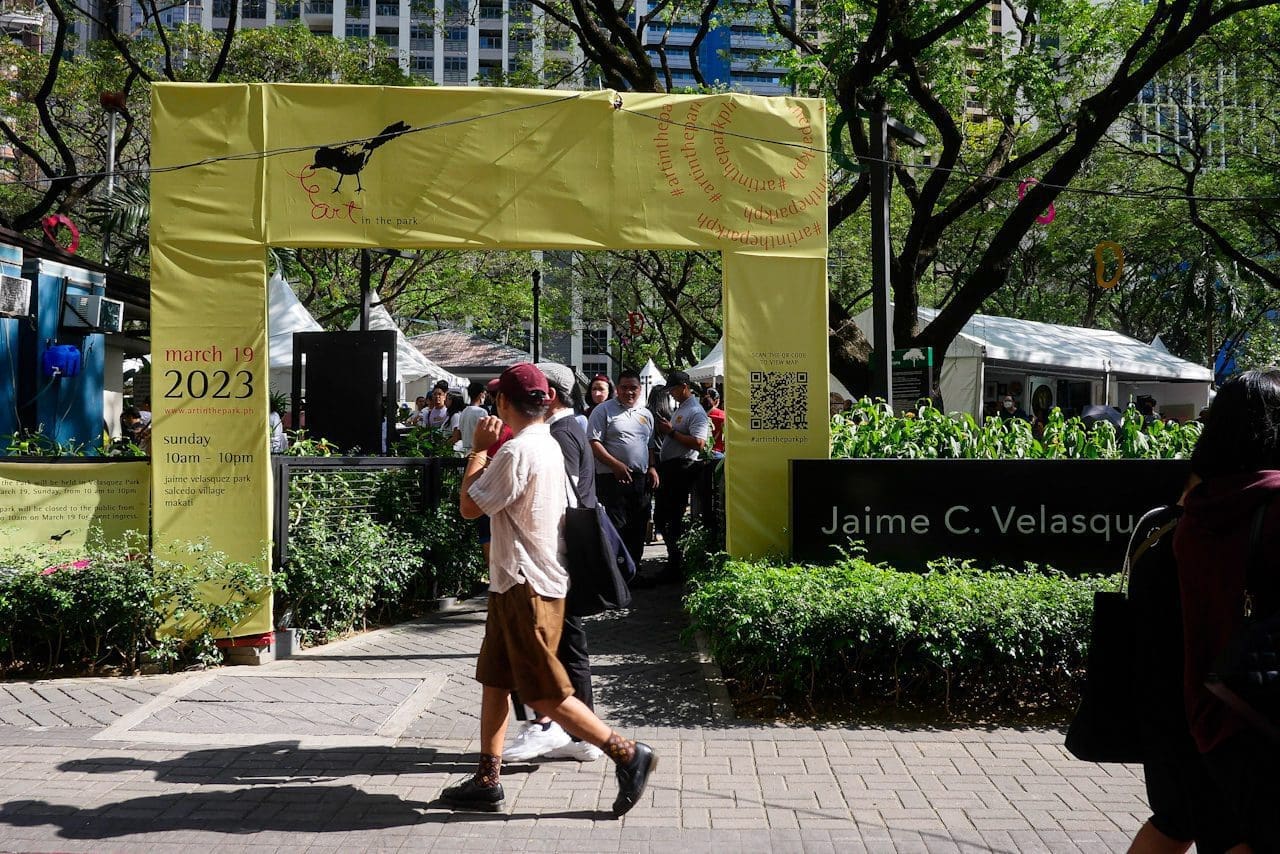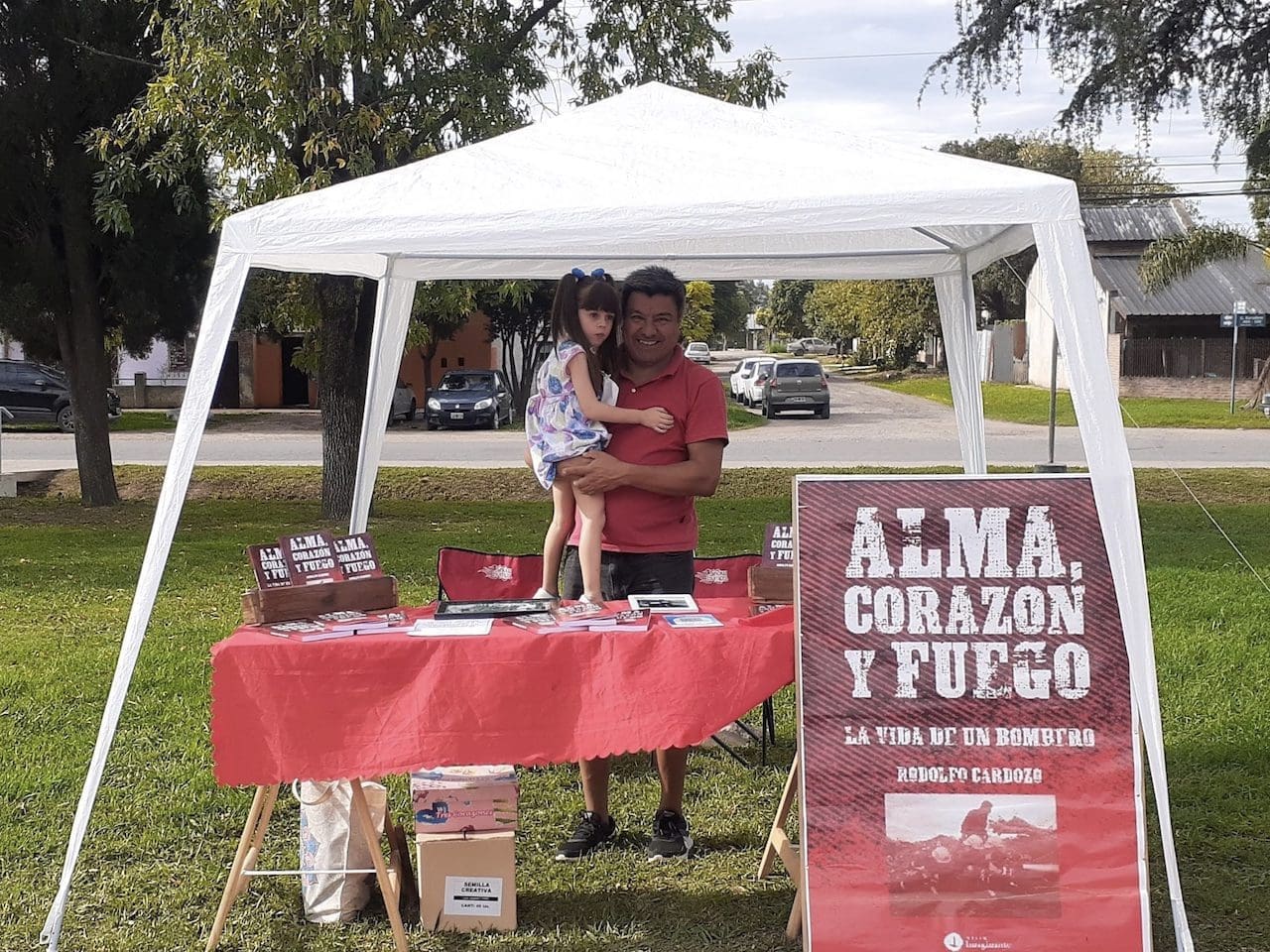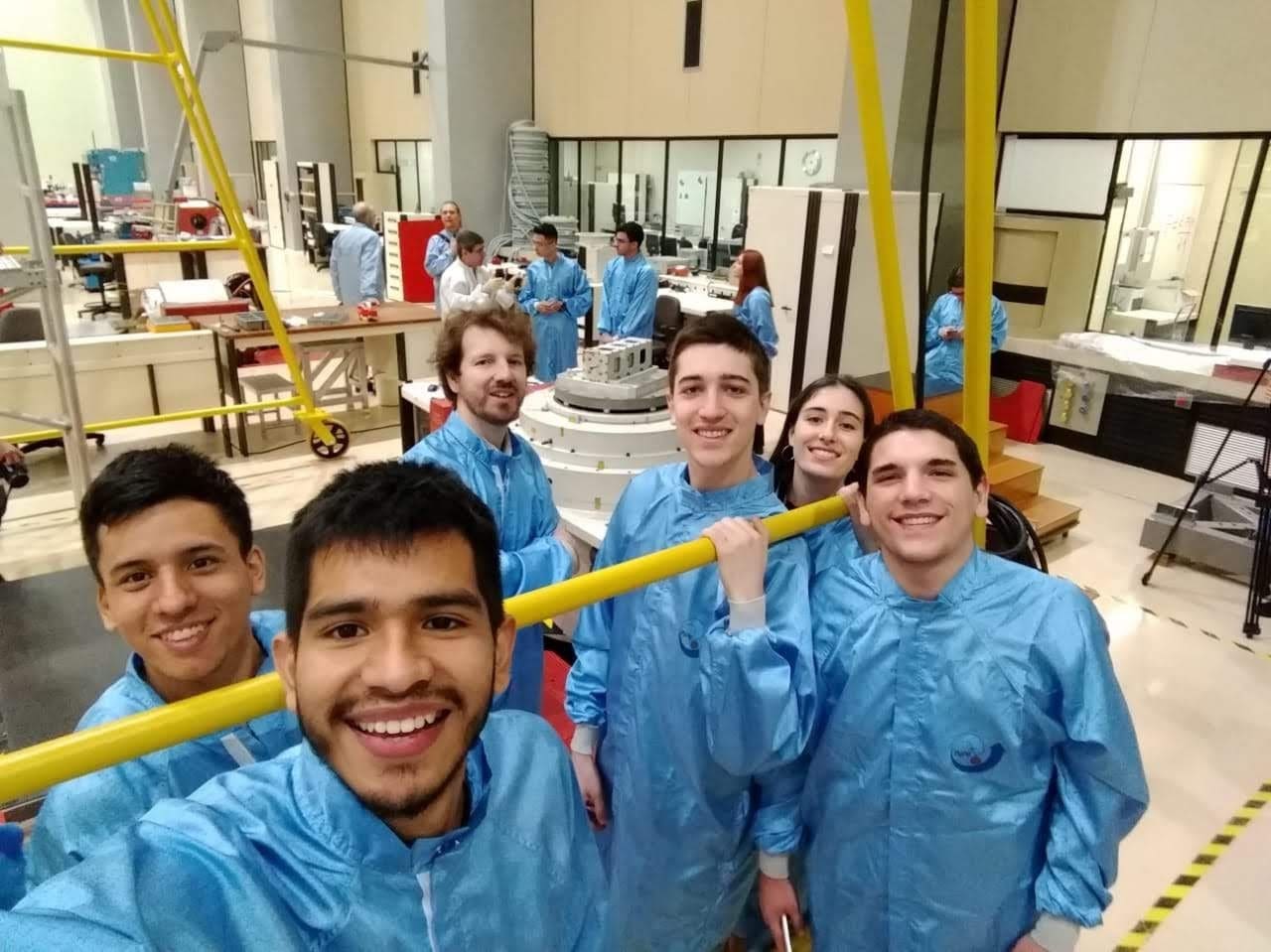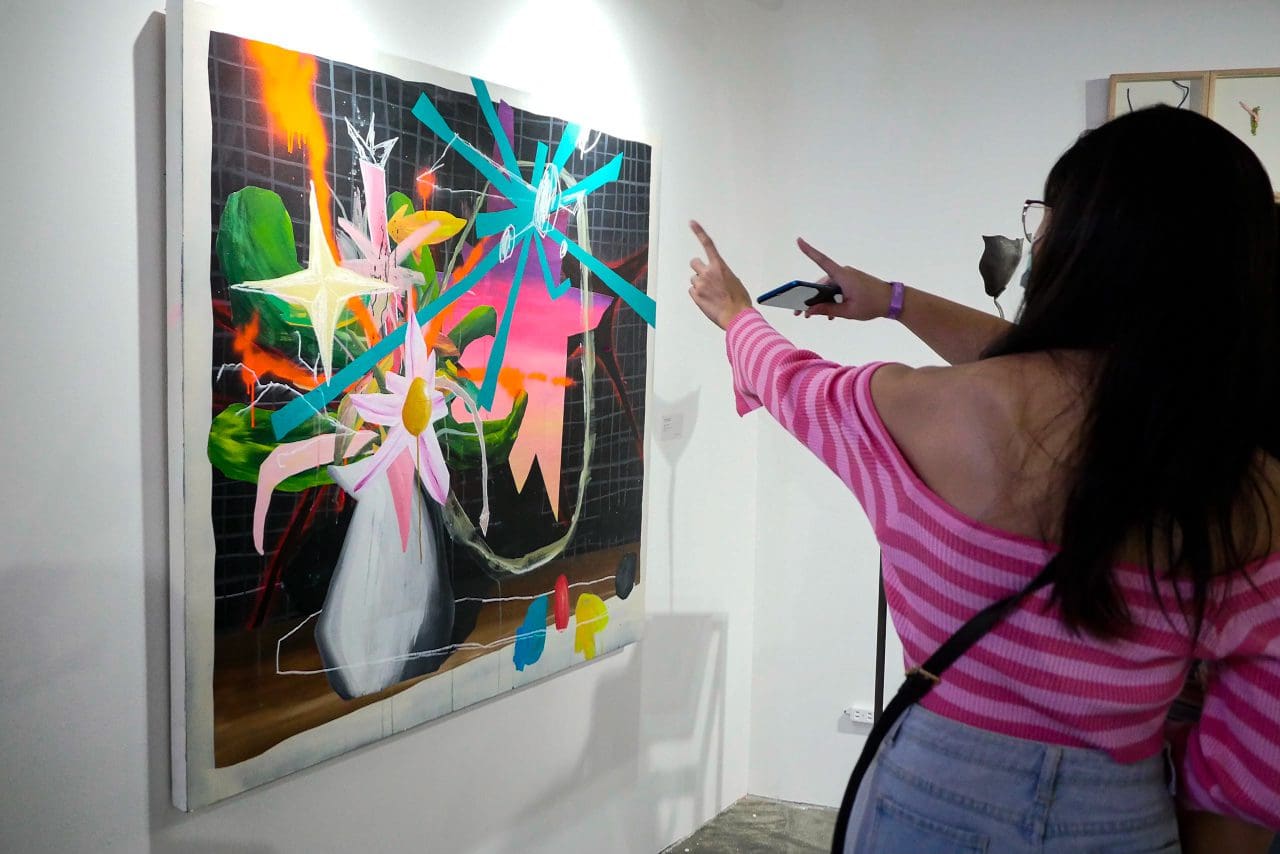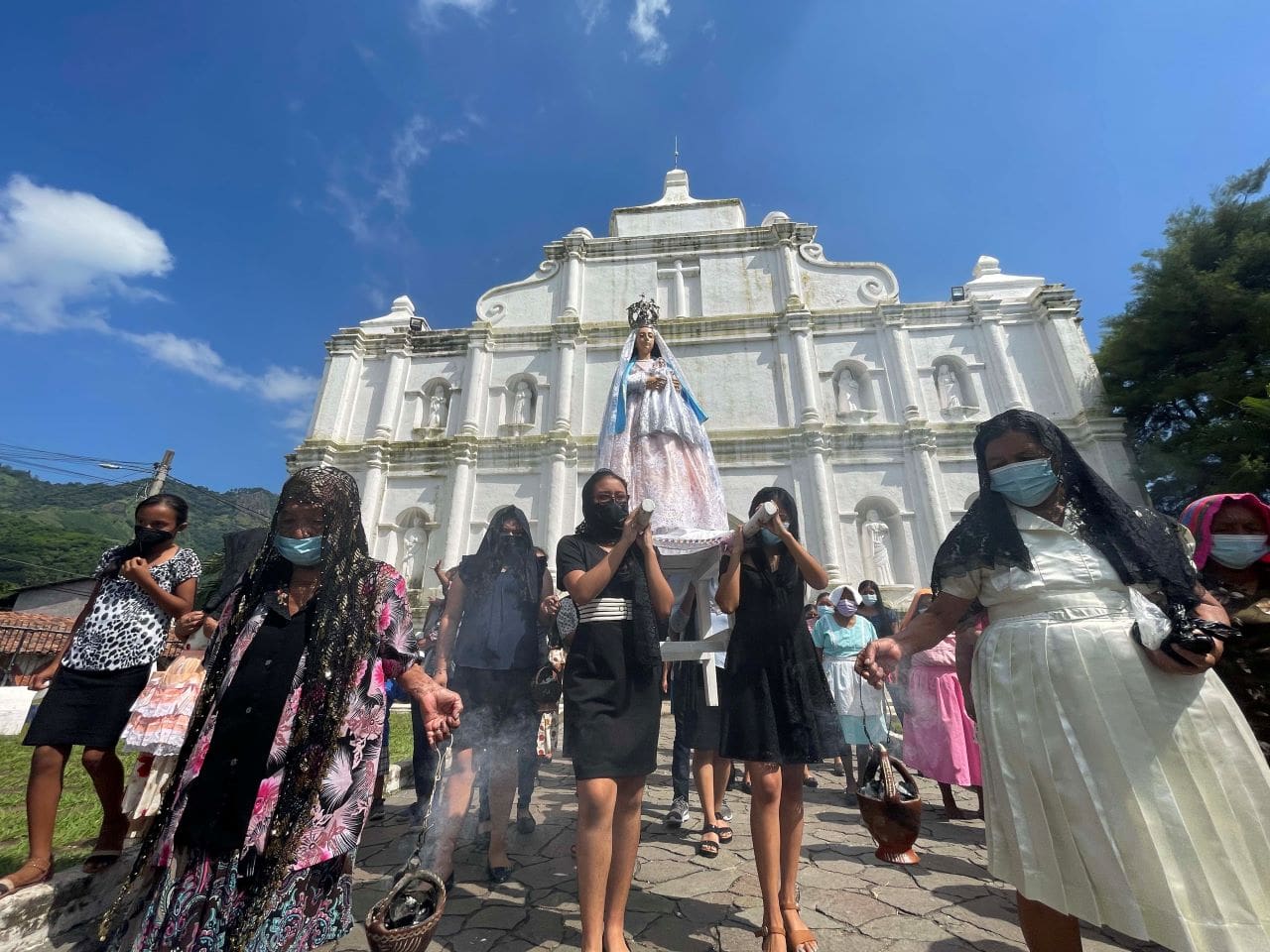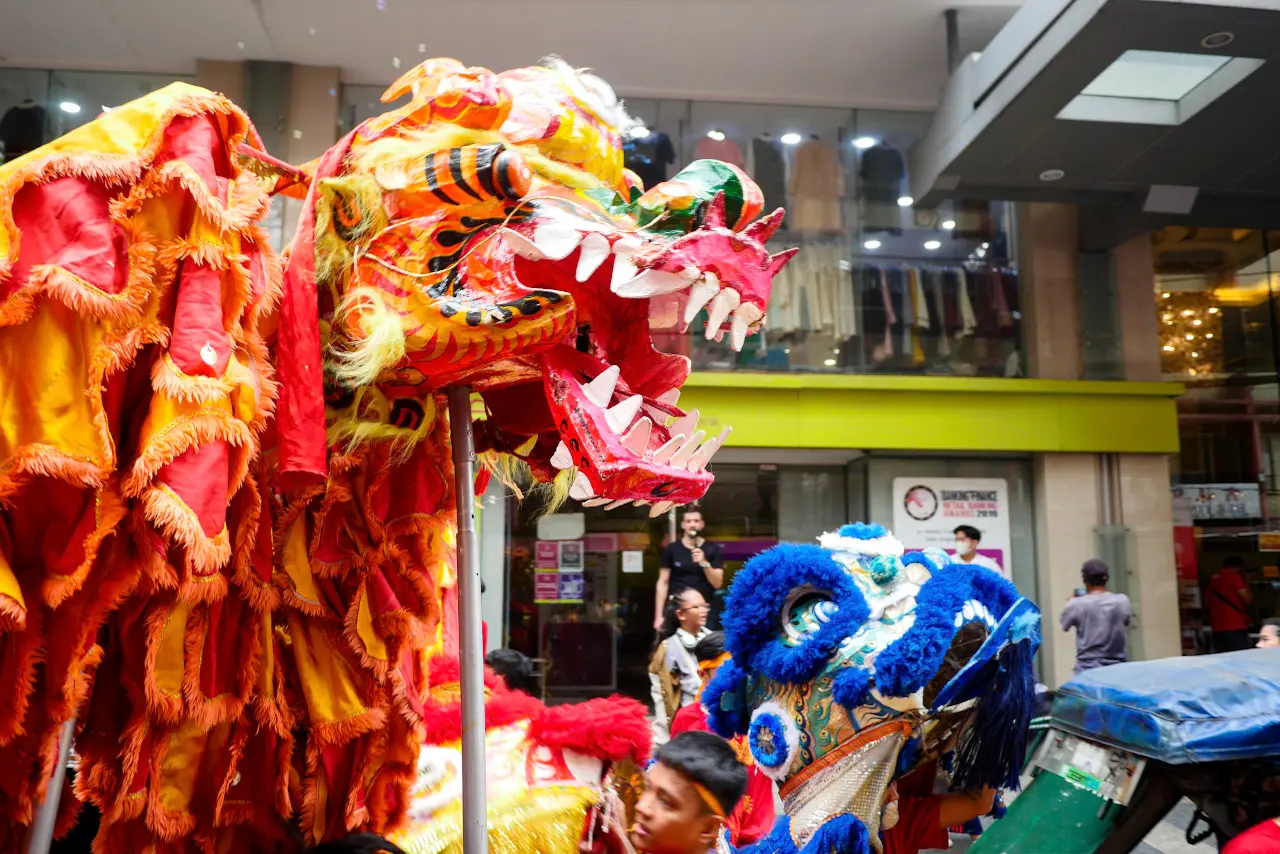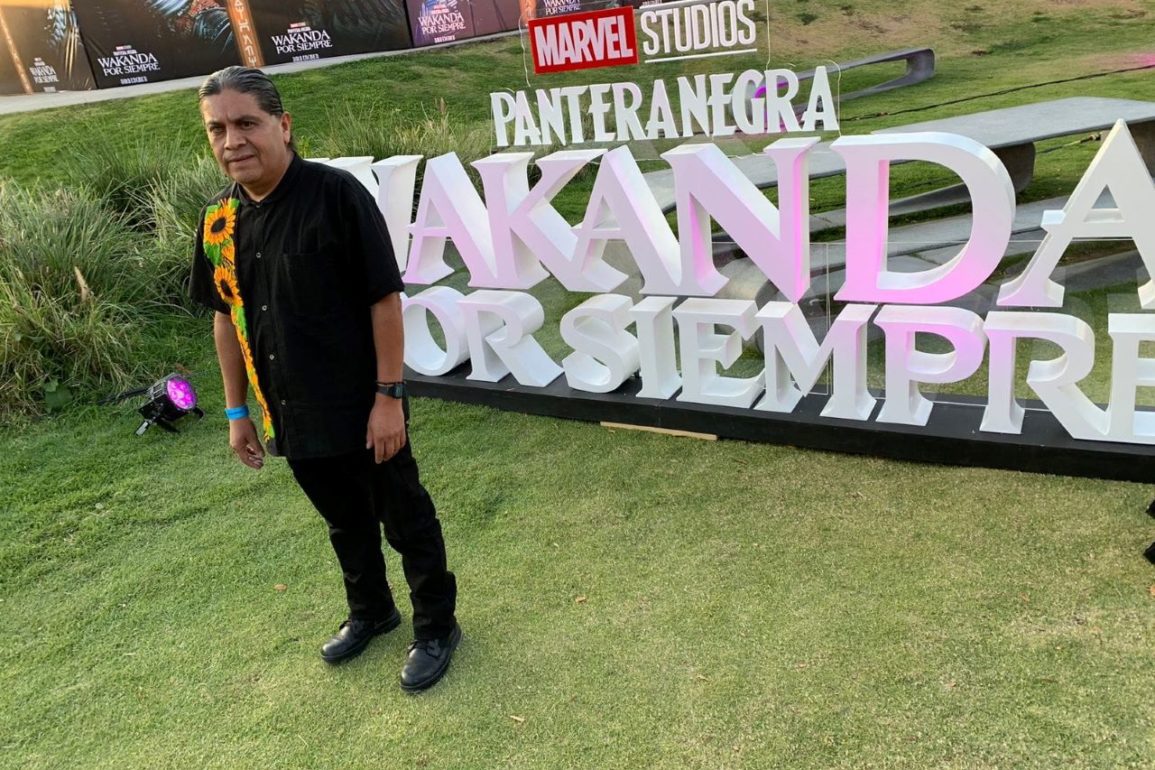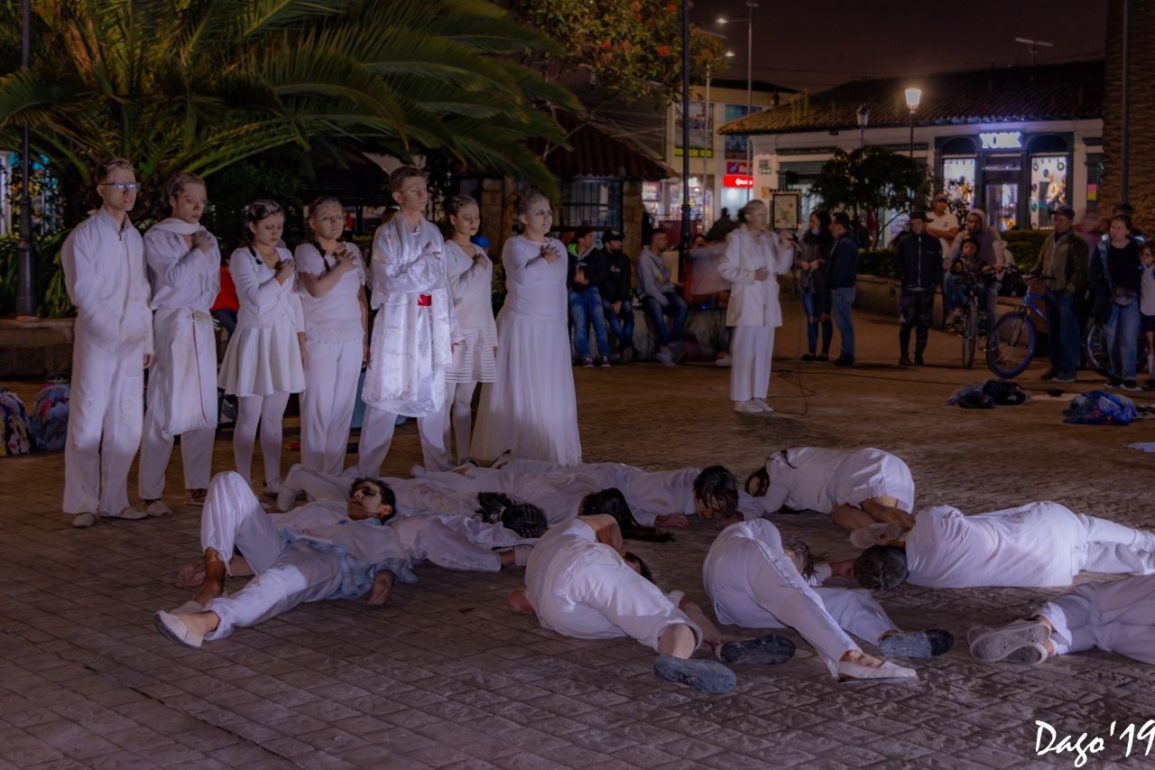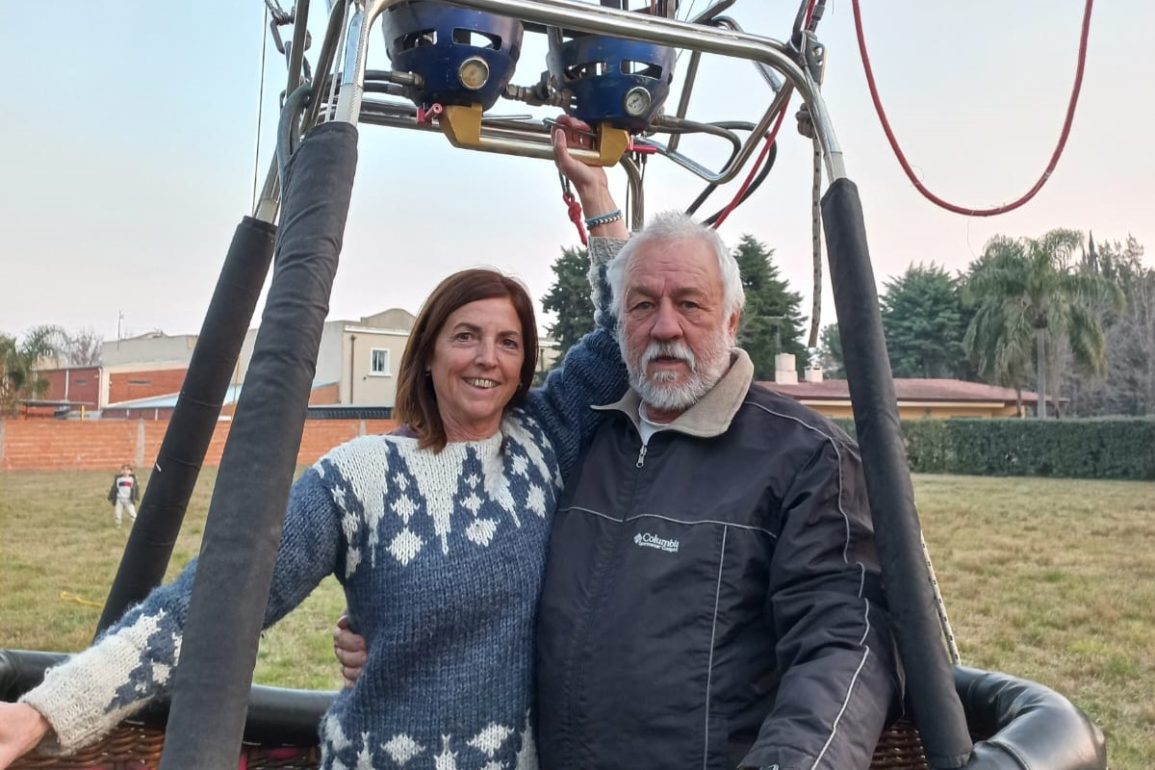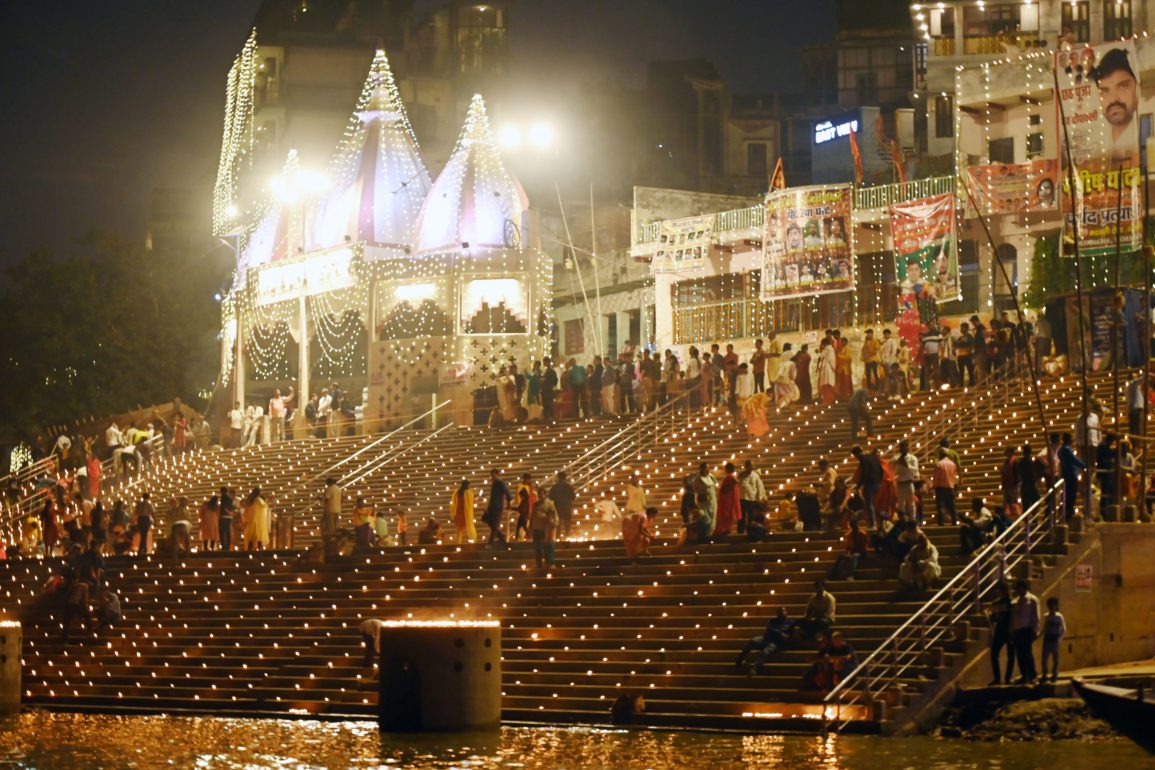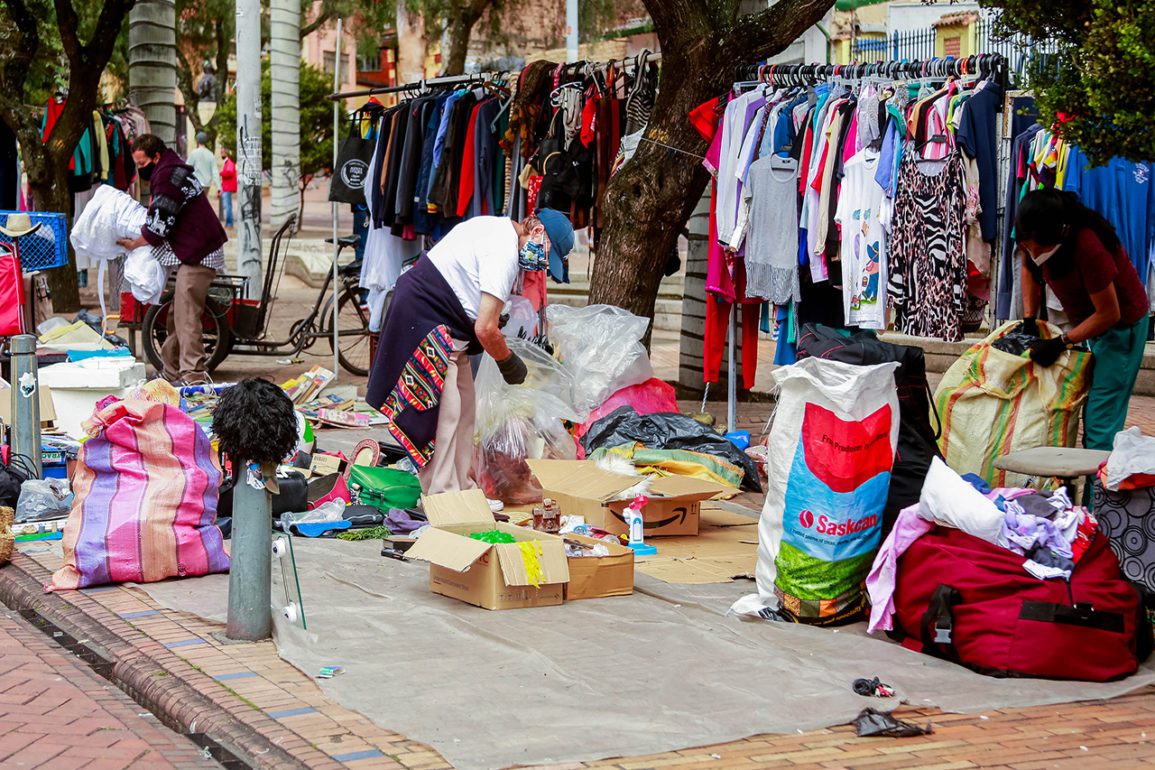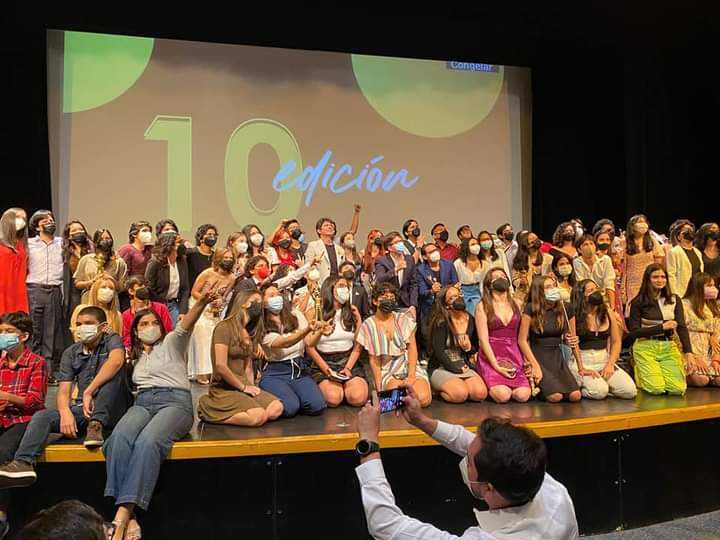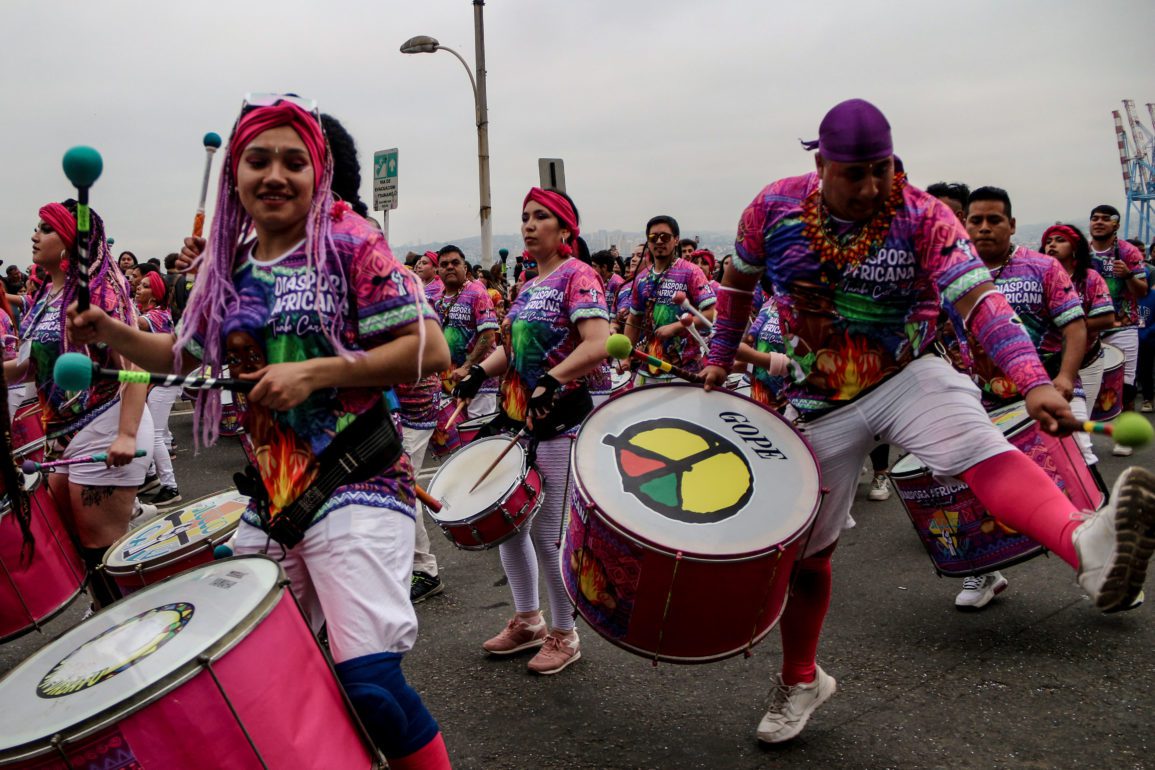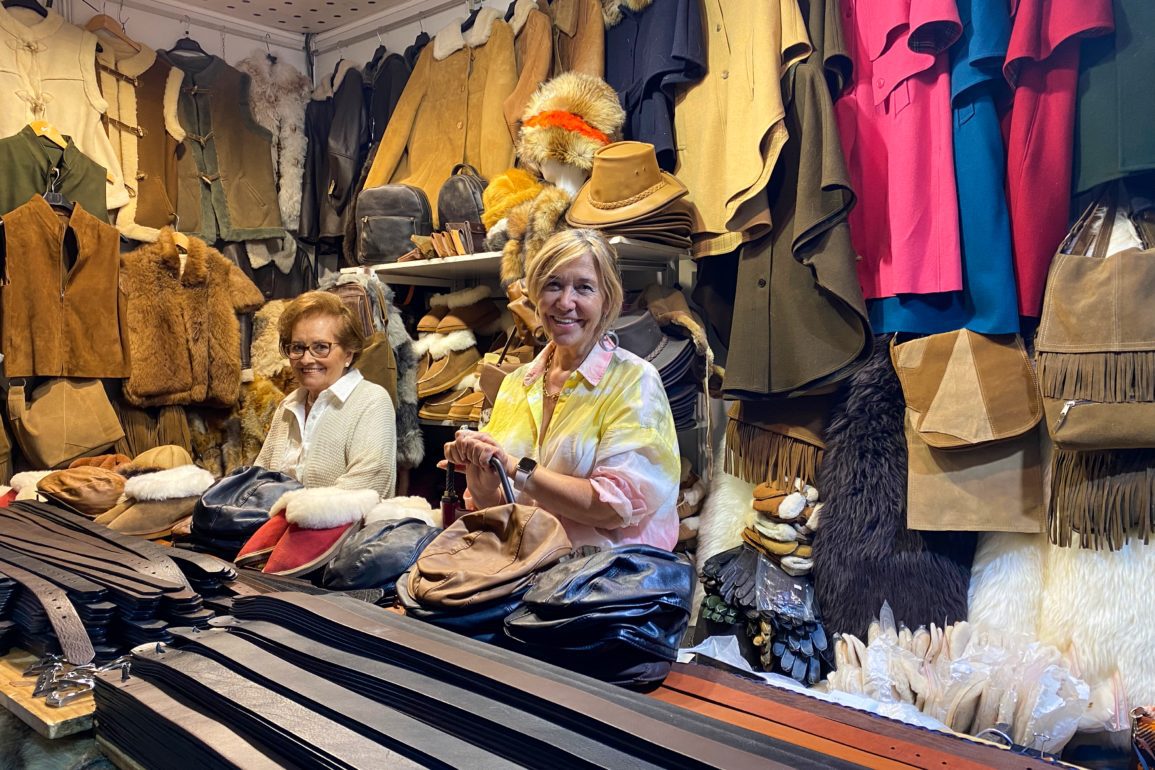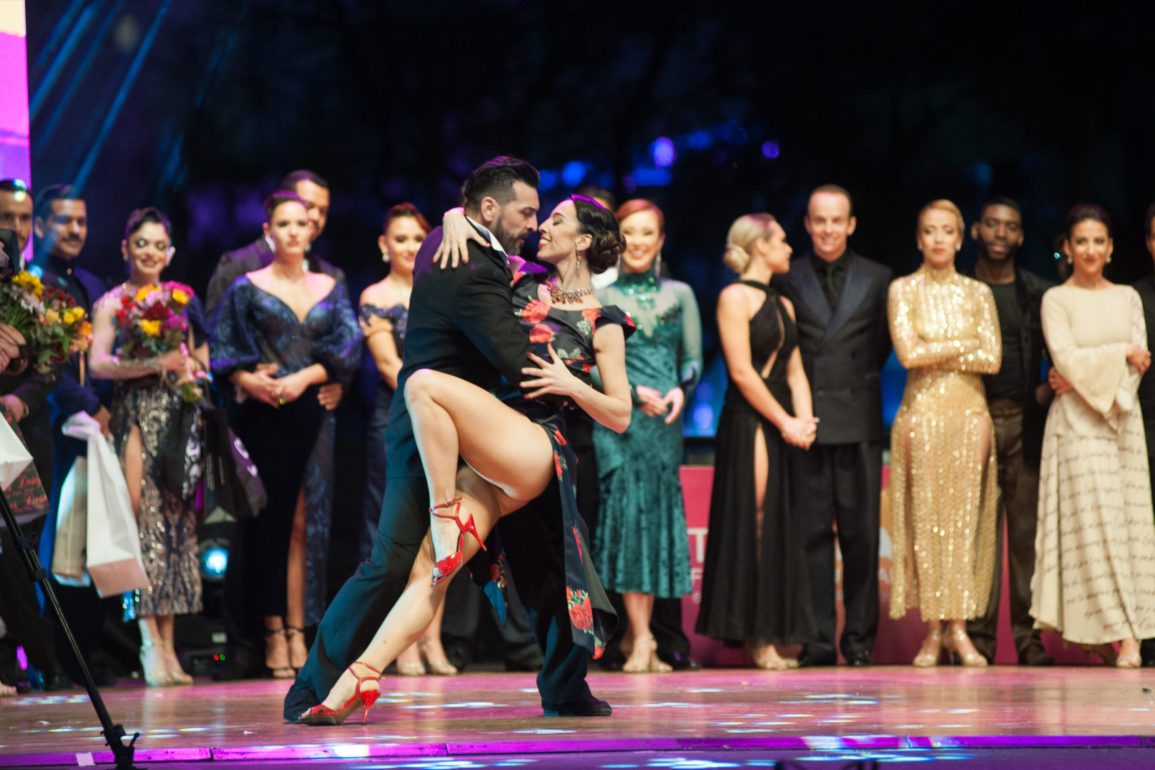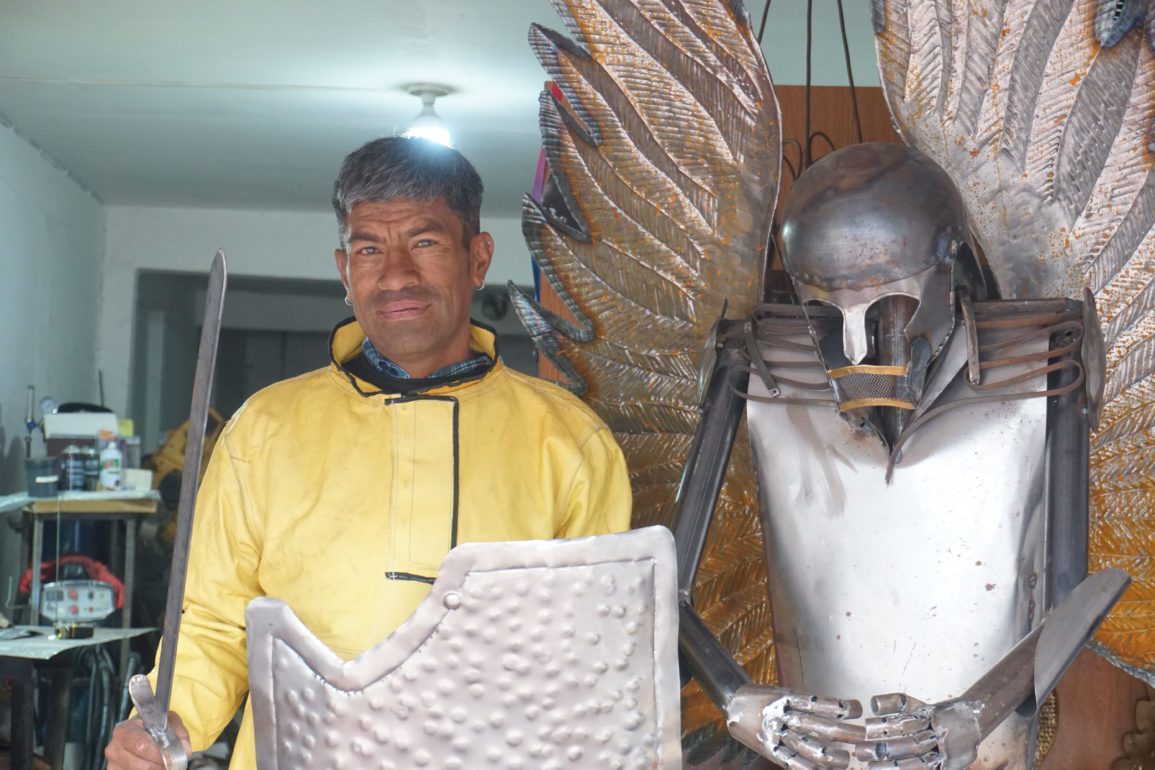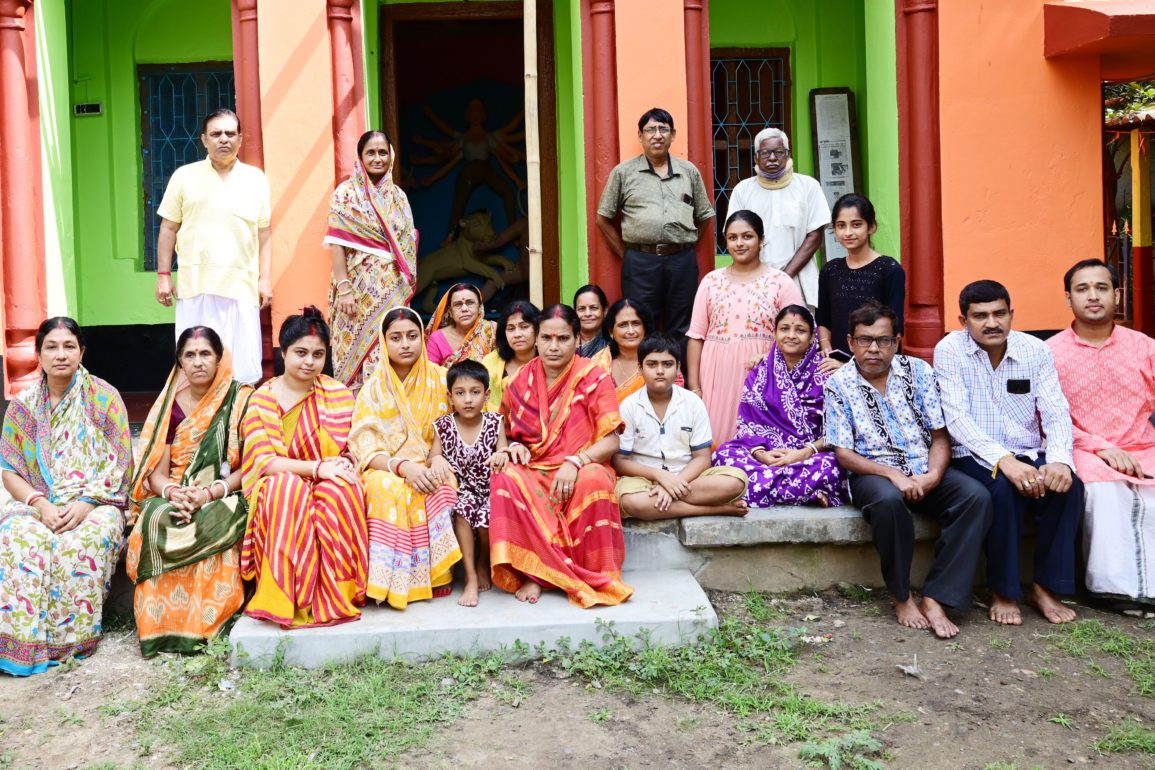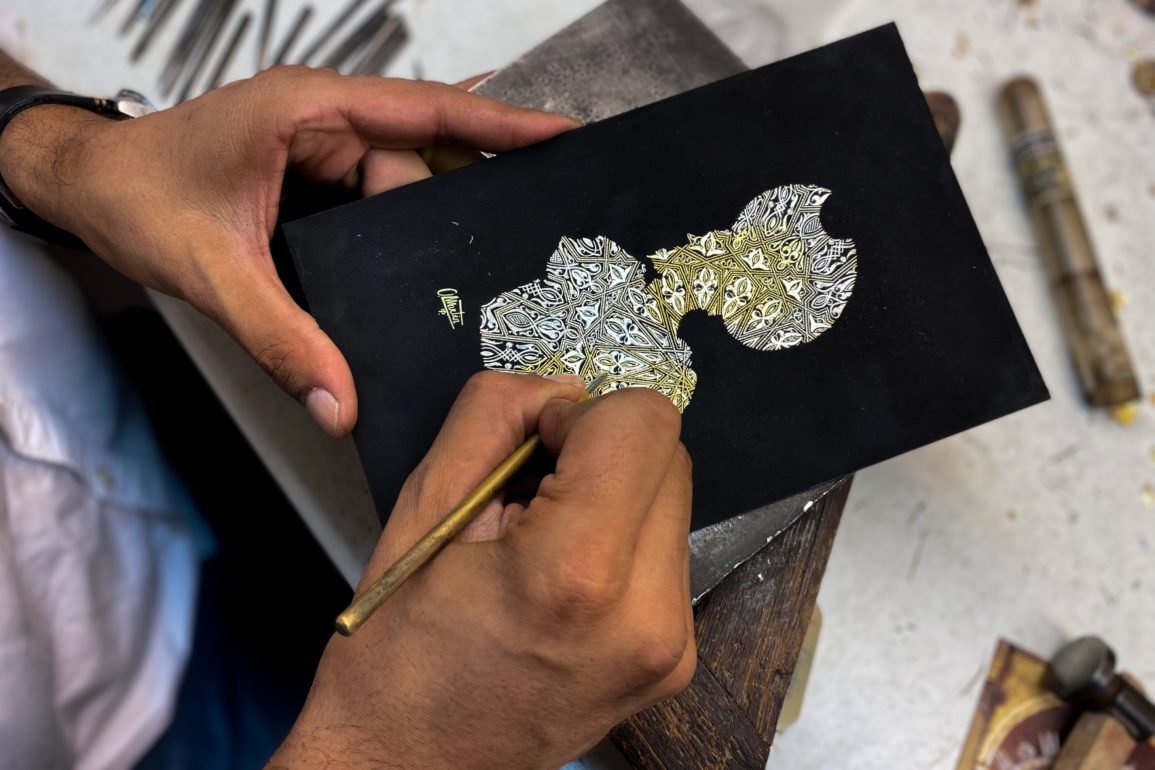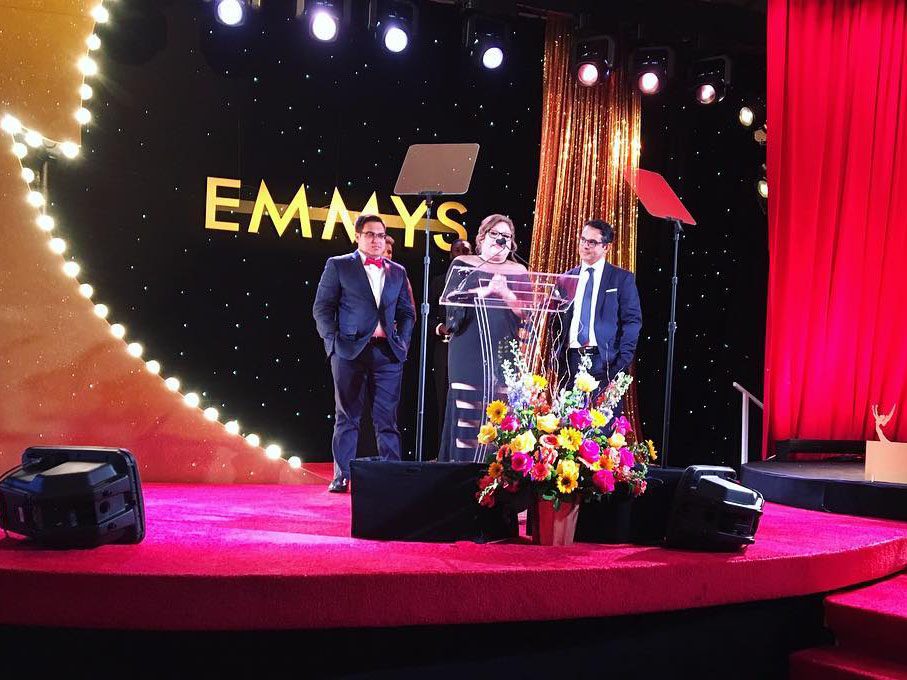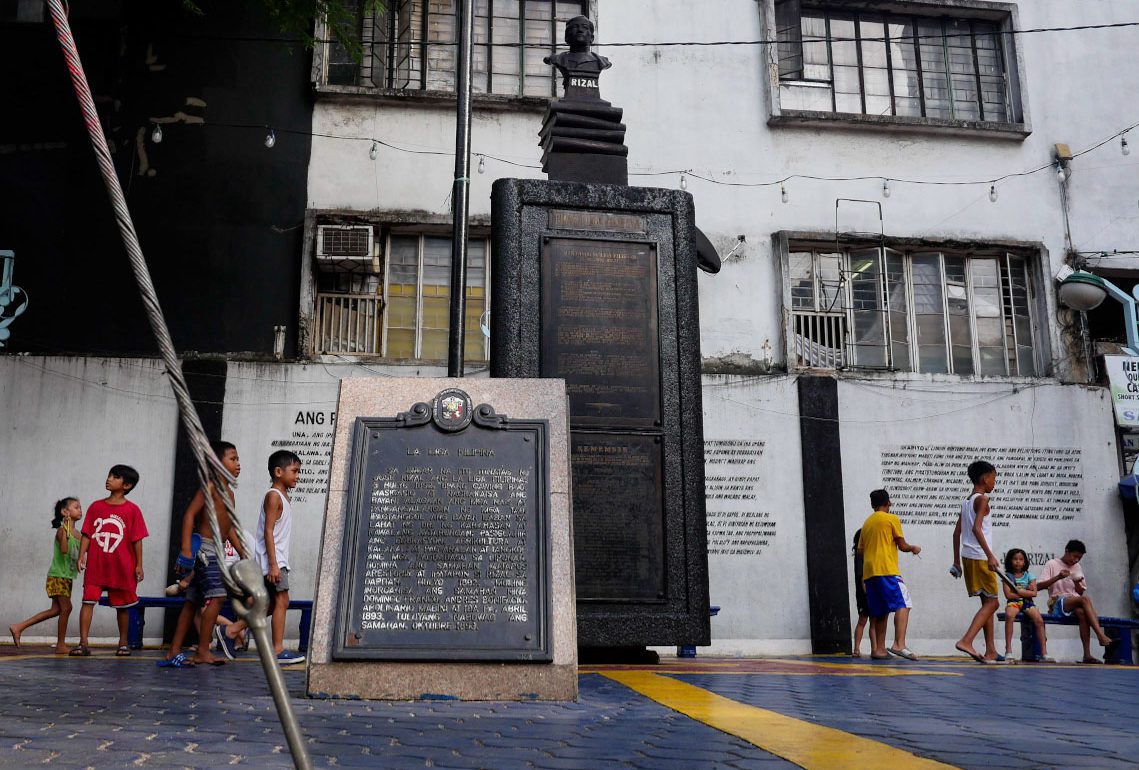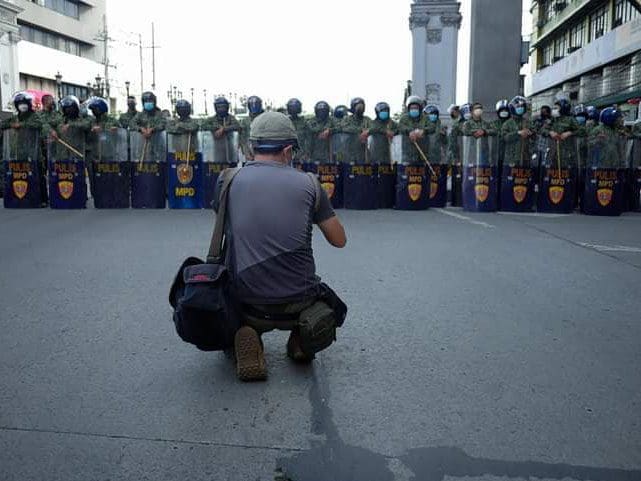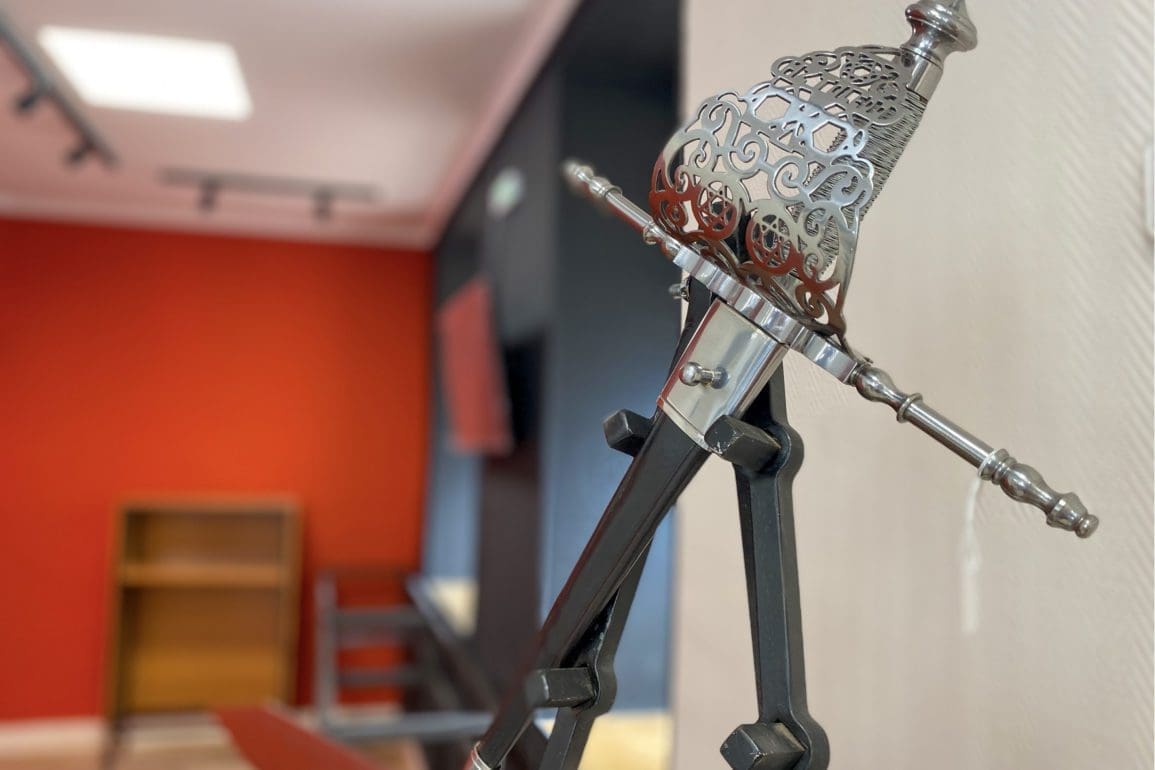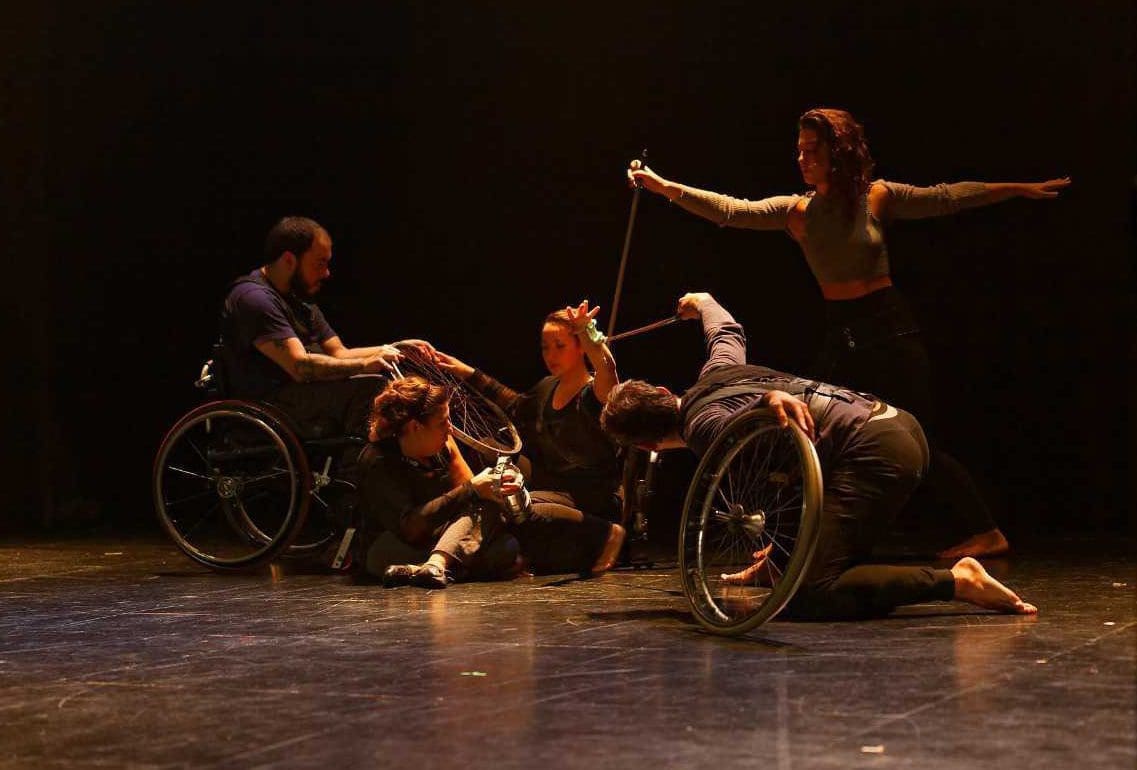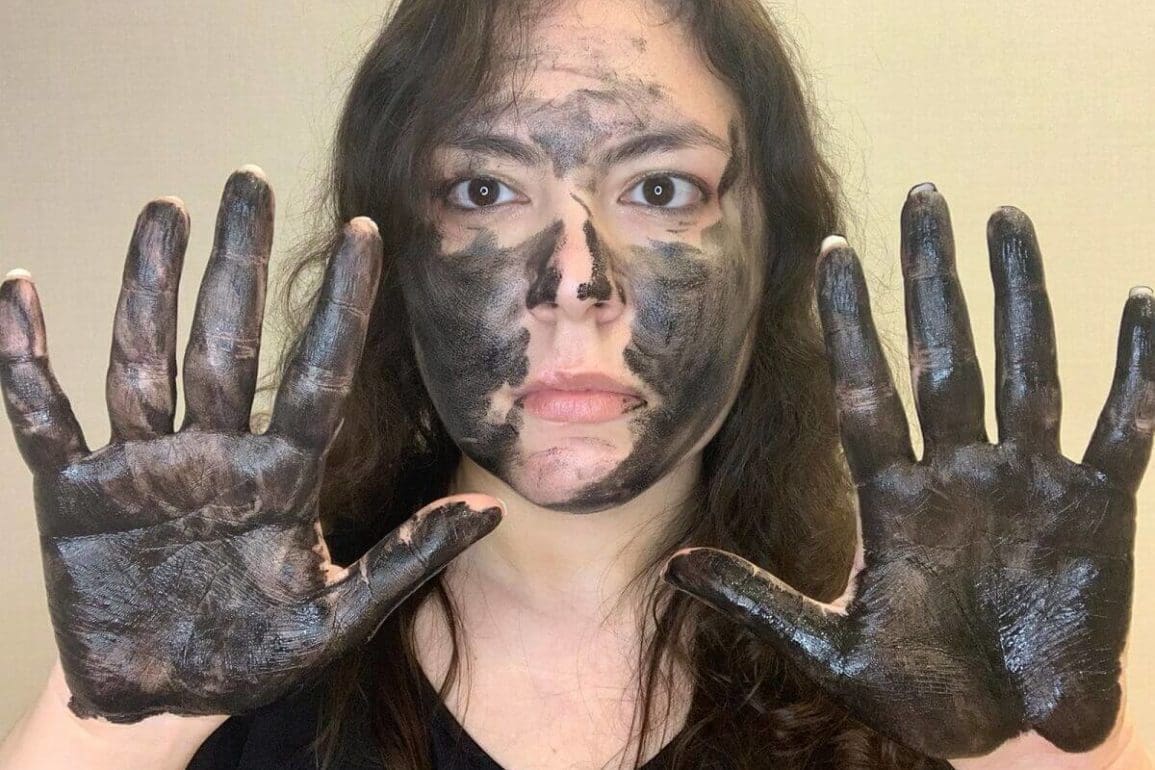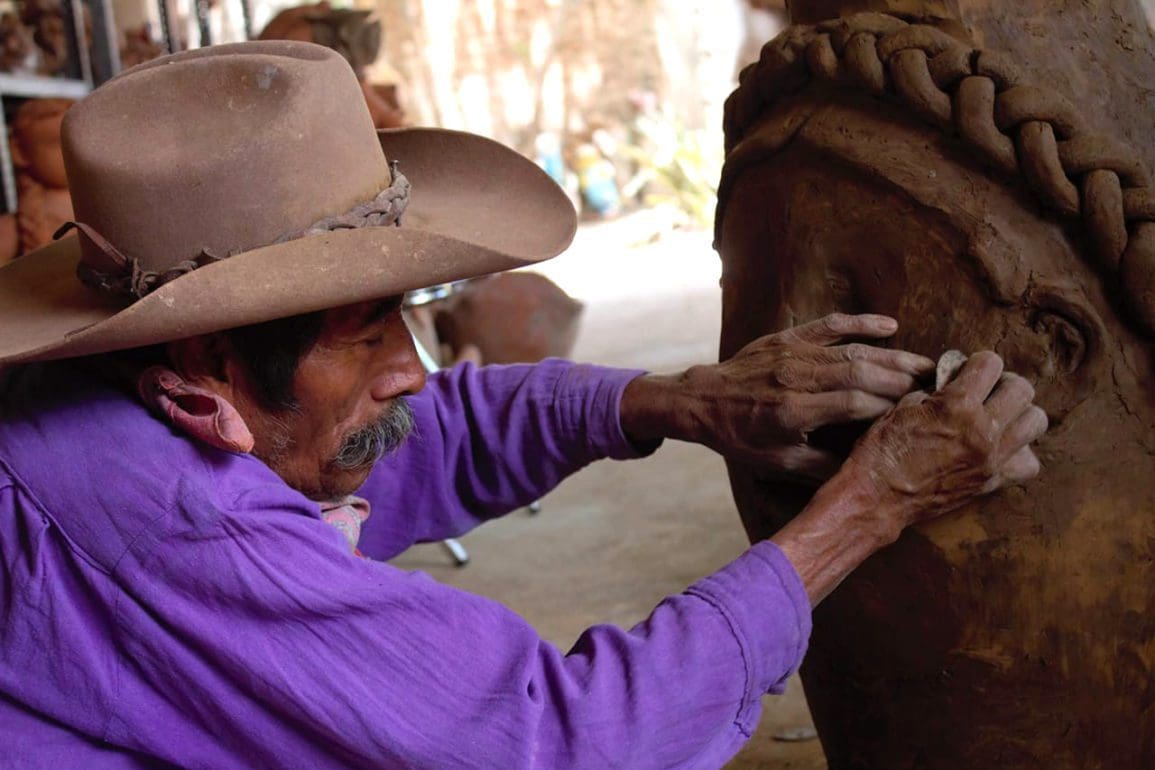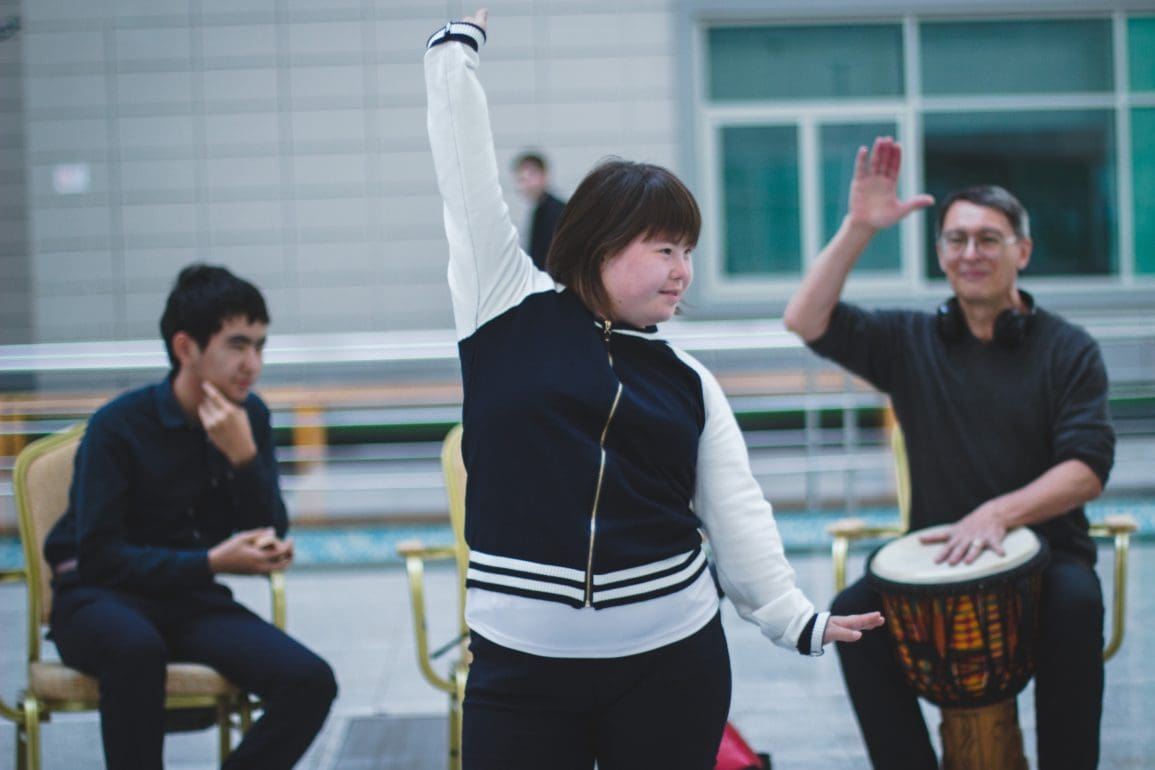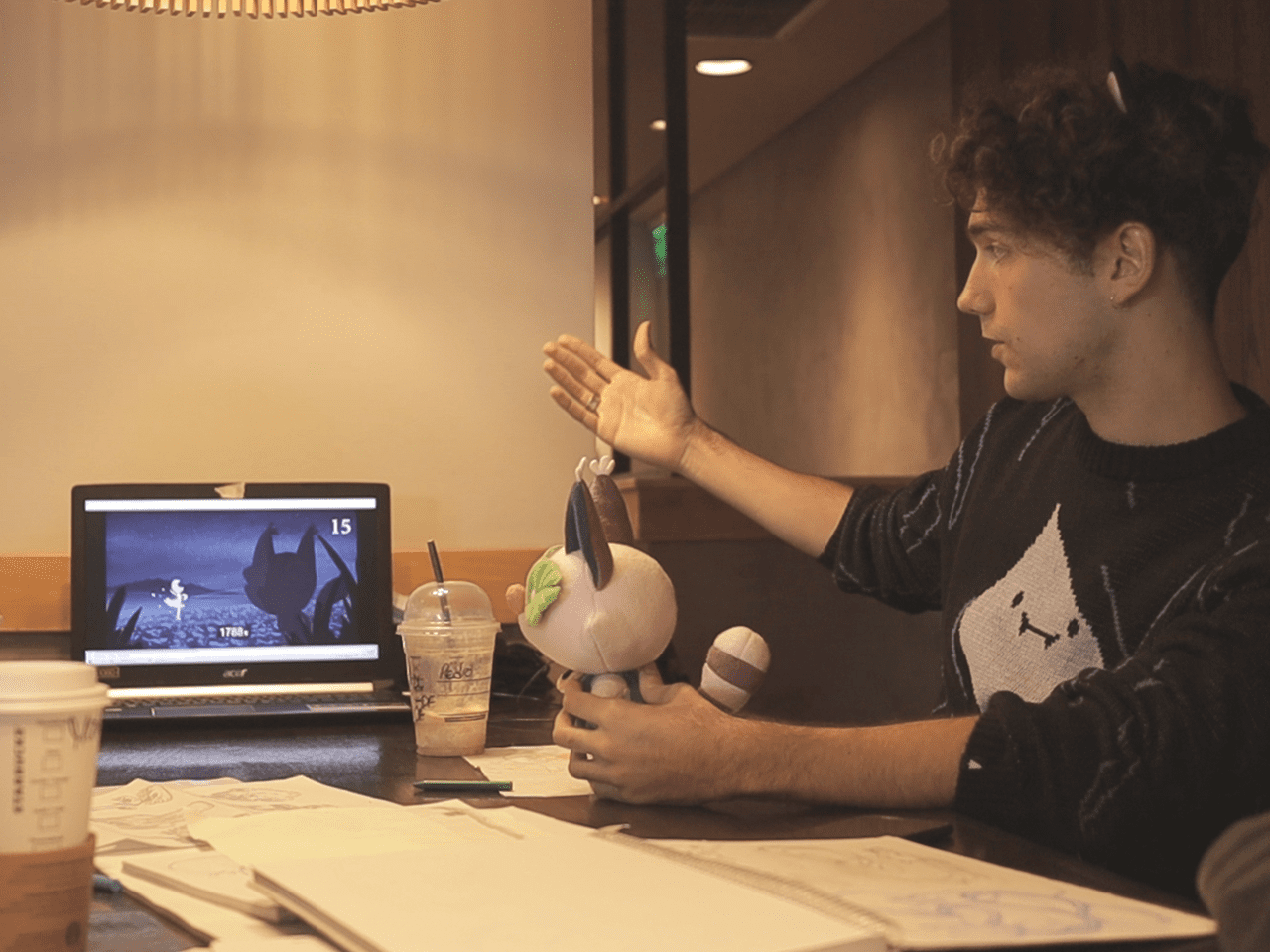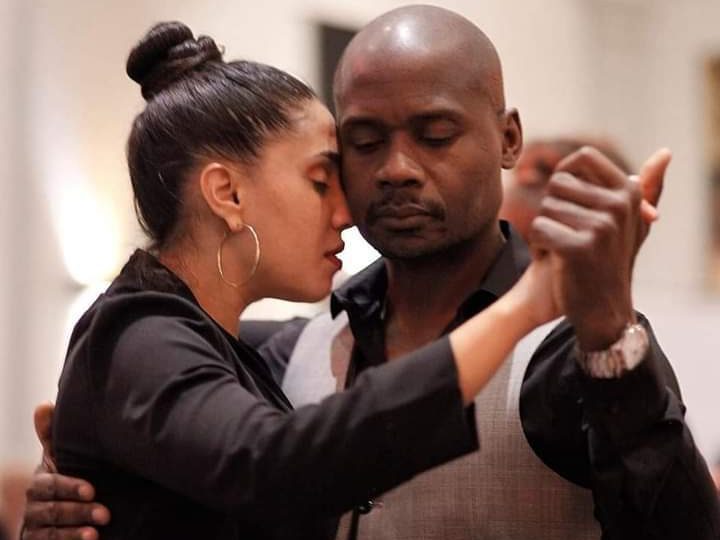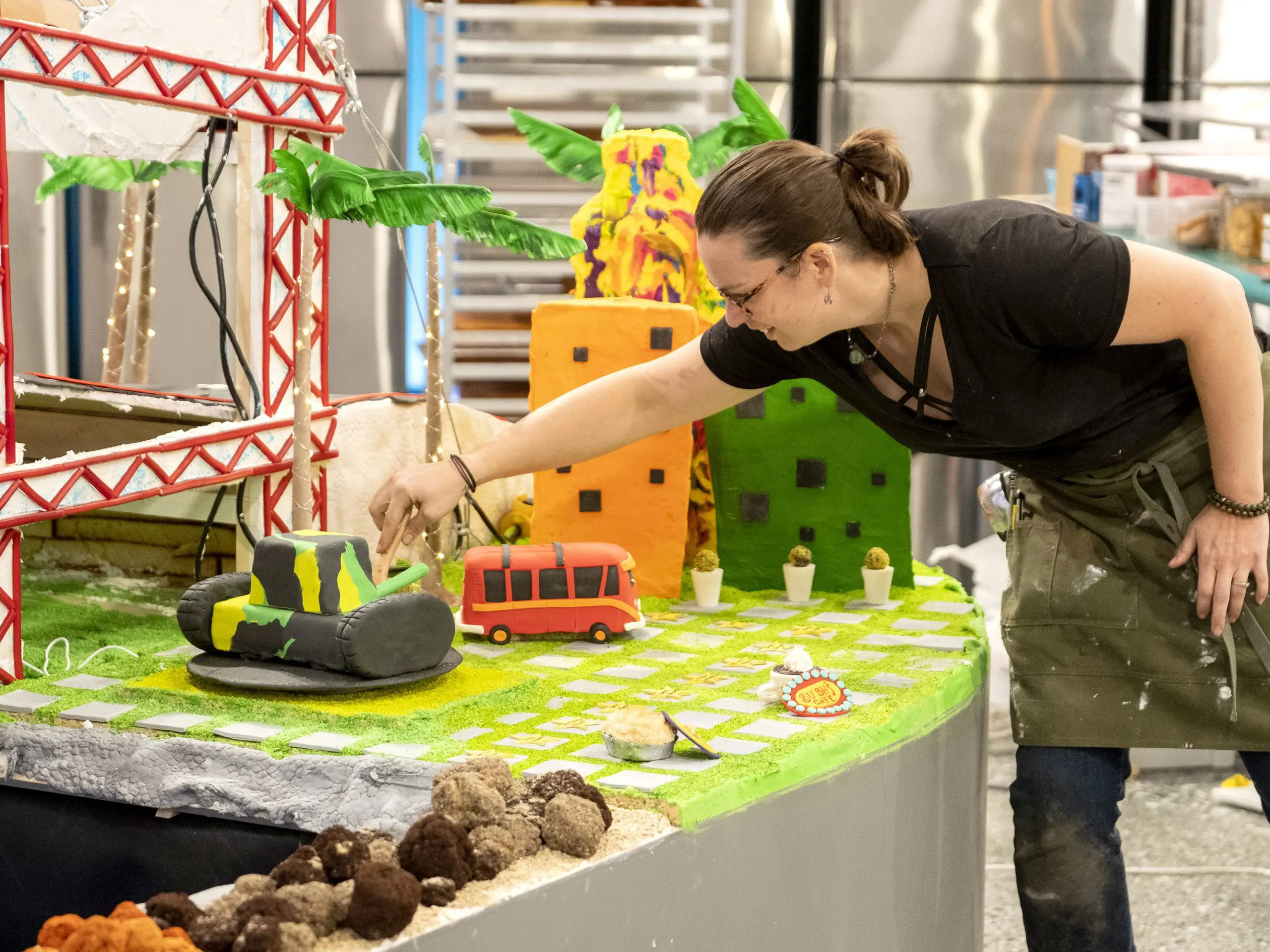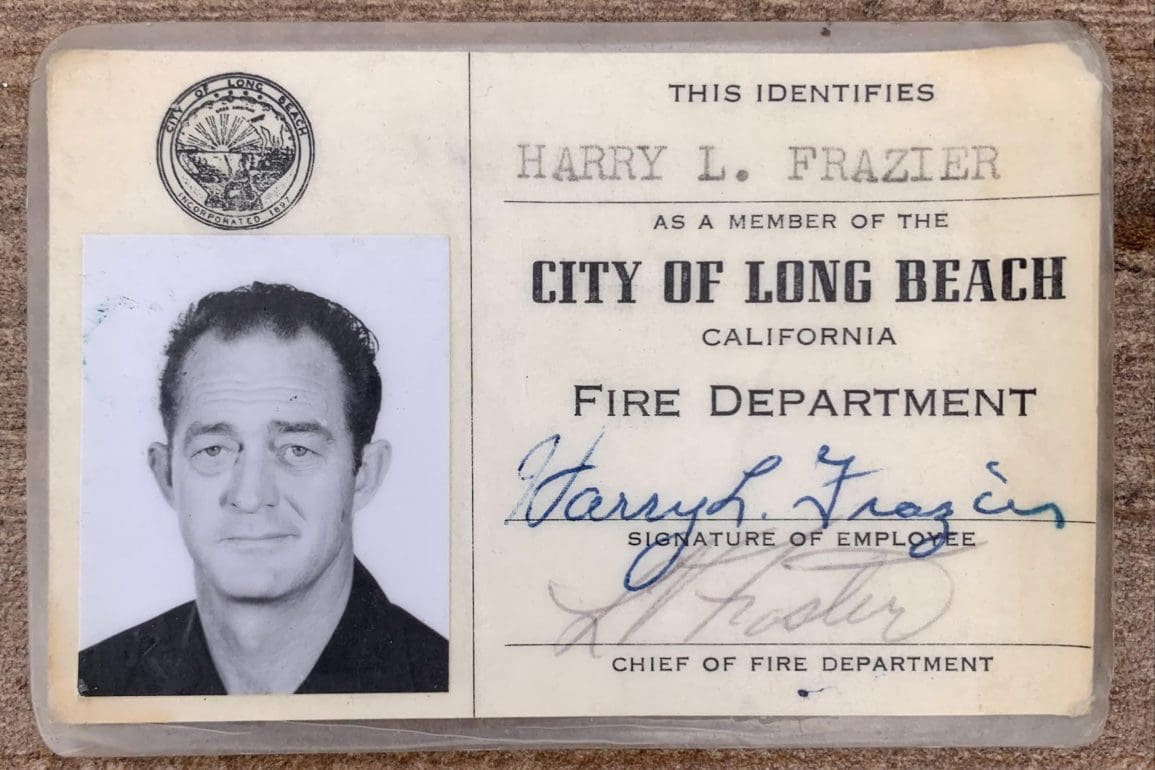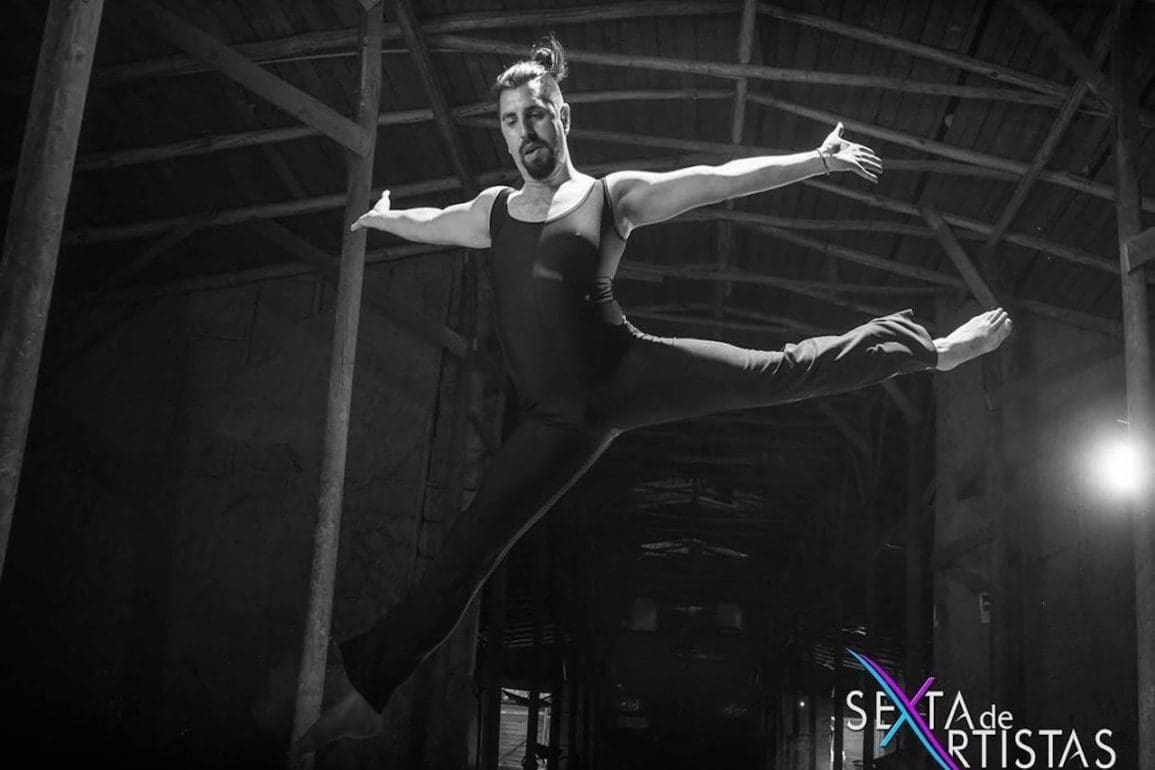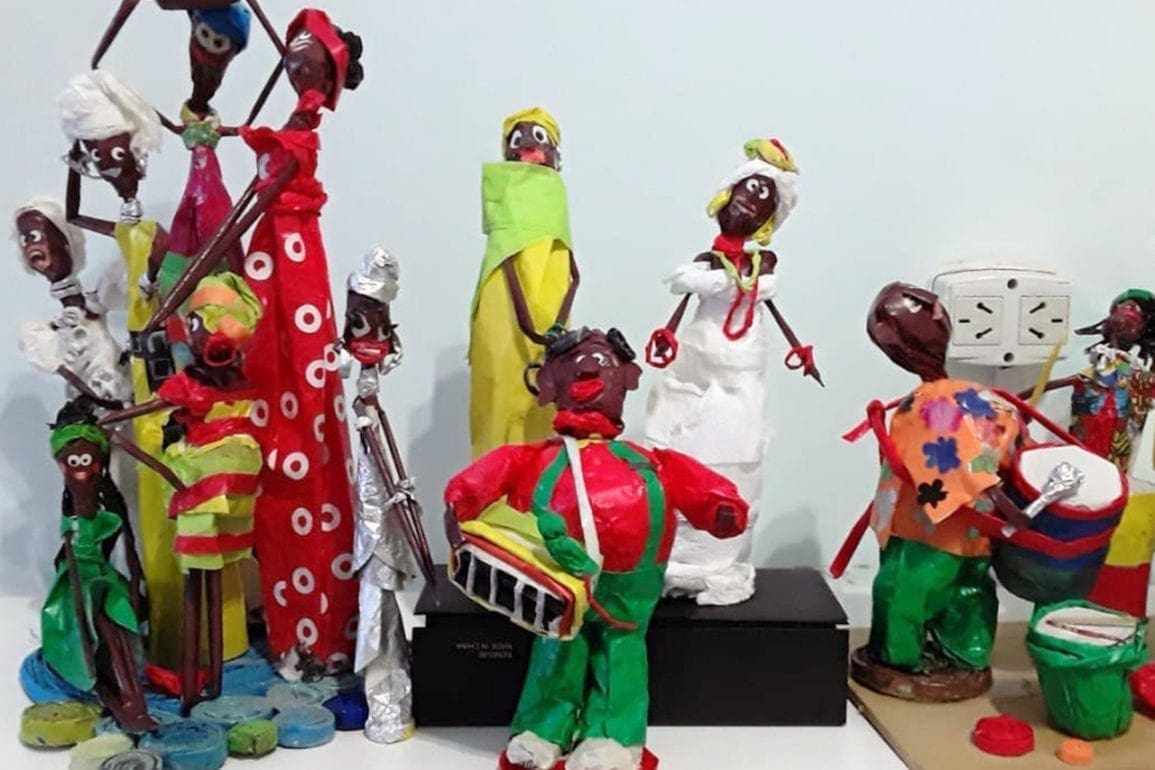Hollywood writer takes us inside the strikes: these executives think if we lose our homes, they will win
Yes, some actors and screenwriters earn millions of dollars, but our demands have mainly to do with the majority – the people who need their salary to live.
- 2 years ago
September 11, 2023
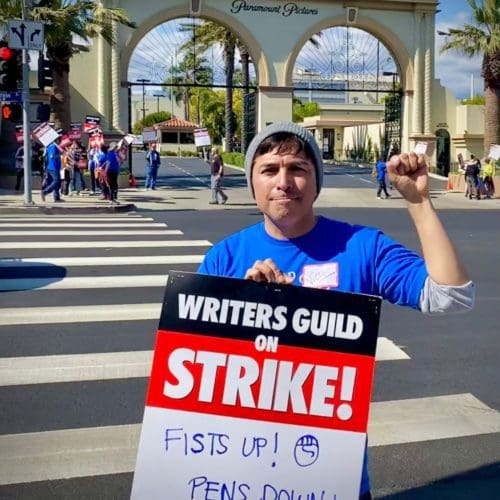
LOS ANGELES, California ꟷ During the Hollywood strike I listened to Fran Drescher’s speech and it moved me. [Ms. Drescher is the president of the Screen Actors Guild and the American Federation of Television and Radio Artists, also known as SAG-AFTRA.]
I felt her passion as she boldly proclaimed, “We are the victims here! We are being victimized by a very greedy entity. I am shocked by the way the people that we have been in business with are treating us. I cannot believe it, quite frankly, how far apart we are on so many things; how they plead poverty; that they are losing money left and right when giving hundreds of millions of dollars to their CEOs. It is disgusting. Shame on them.”
They want us to loose our houses and our livelihoods
[As a writer, director, and producer], the anger my colleagues and I feel toward the rich in this situation is explicit. It comes up in every discussion we have. Strikes took place in the past but the last double strike, including both actors and screenwriters, happened in 1960 and centered mainly around royalties from the broadcast of films on television.
Now, the SAG-AFTRA and WGA [Writer’s Guild of America] members, once again face radical changes in the industry that have moved us away from traditional models of film distribution and broadcasting towards streaming.
The use of artificial intelligence [AI] presents another big problem. We watch and see how companies want to use AI to further exploit human labor. As a union, we want to talk about the limits that should be put on AI and to insist people continue to be paid for their work.
Yes, some actors and screenwriters earn millions of dollars, but our demands have mainly to do with the majority – the people who need their salary to live. The businessmen know this. It is why an anonymous executive said [on the trade website Deadline], “The endgame is to allow things to drag on until union members start losing their apartments and losing their houses.”
It bothers me to know that these executives think, “Let them starve and they will accept anything.” On the other hand, it feels heartening to see the unions in Hollywood, empowered by the willingness of their members, stand and fight. We will not stay silent.
It’s not just Hollywood, a change is taking place around the world: people are tired
For those who don’t know, the negotiations center around the Alliance of Motion Picture and Television Producers or AMPTP [the trade association responsible for negotiating virtually all industry-wide guild and union contracts]. They bring together entities like Amazon, Apple, Disney, NBC Universal, Netflix, Paramount, Sony, and Warner Bros. Discovery.
After 100 days of striking, the communication channels finally opened. Our team spent a week at the negotiating table. Then, the big production companies gave their first and only counteroffer, later releasing it to the press. For us, it barely scratched the surface and the communication channels, once again, broke down.
I see now, how businessmen resist the metamorphosis happening not just in the audiovisual industry, but in many sectors. People too often face abysmally precarious situations at work. We feel discontent with inequality and the degradation of democracy creeping into our environments. The social climate in the United States and Europe is changing as more and more people become angry with the imbalances imposed by the rich.
We strike in demand of good working conditions, decent salaries, and for our deserved reward in the creation of television and film that generates money. These powerful people will have to face reality. They cannot exist without us.
Inside the strike itself, we share an incredible love for another
Before becoming a television writer, I worked as a middle and high school teacher. In education, we teachers had access to a system where every three years we fought for fair contracts. Times change and responsibilities change. Technology often affected how we worked in the classroom.
Now, I find myself not just asking for a better contract, but striking to fight for my rights. We will not give in. From a day-to-day standpoint, the strikes remain quite happy. Together, as we picket, we feel a sense of adrenaline in one another’s presence. I come upon people I have not seen in a very long time.

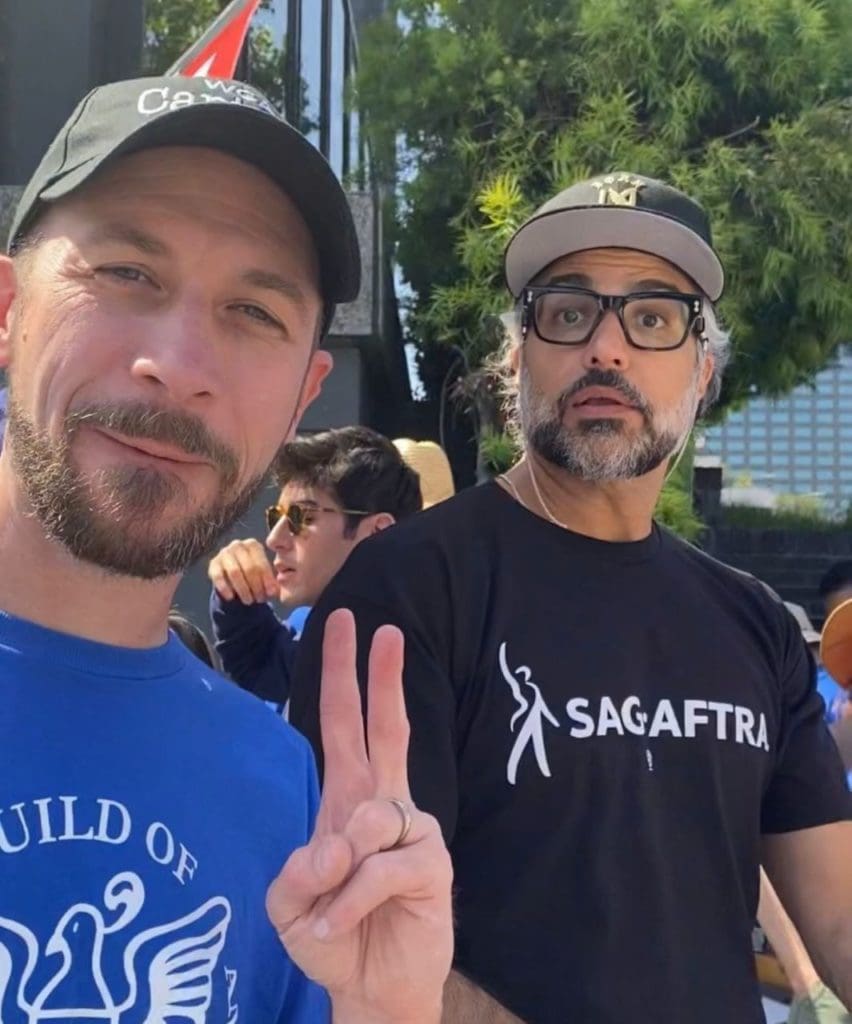
Though we feel serious about our effort, our togetherness produces an atmosphere of celebration, unity, and solidarity. We know we are doing something important together.
This strike represents family. We bring our children, our pets, and even our parents. We listen to music, singing and dancing, as the bands perform. Sometimes you look out and see entire families leaning on each other, and it’s just beautiful.
We eagerly anticipate the theater workers to join us as we carry our signs, experience a love for one another, and share heartfelt words in a grateful community.

